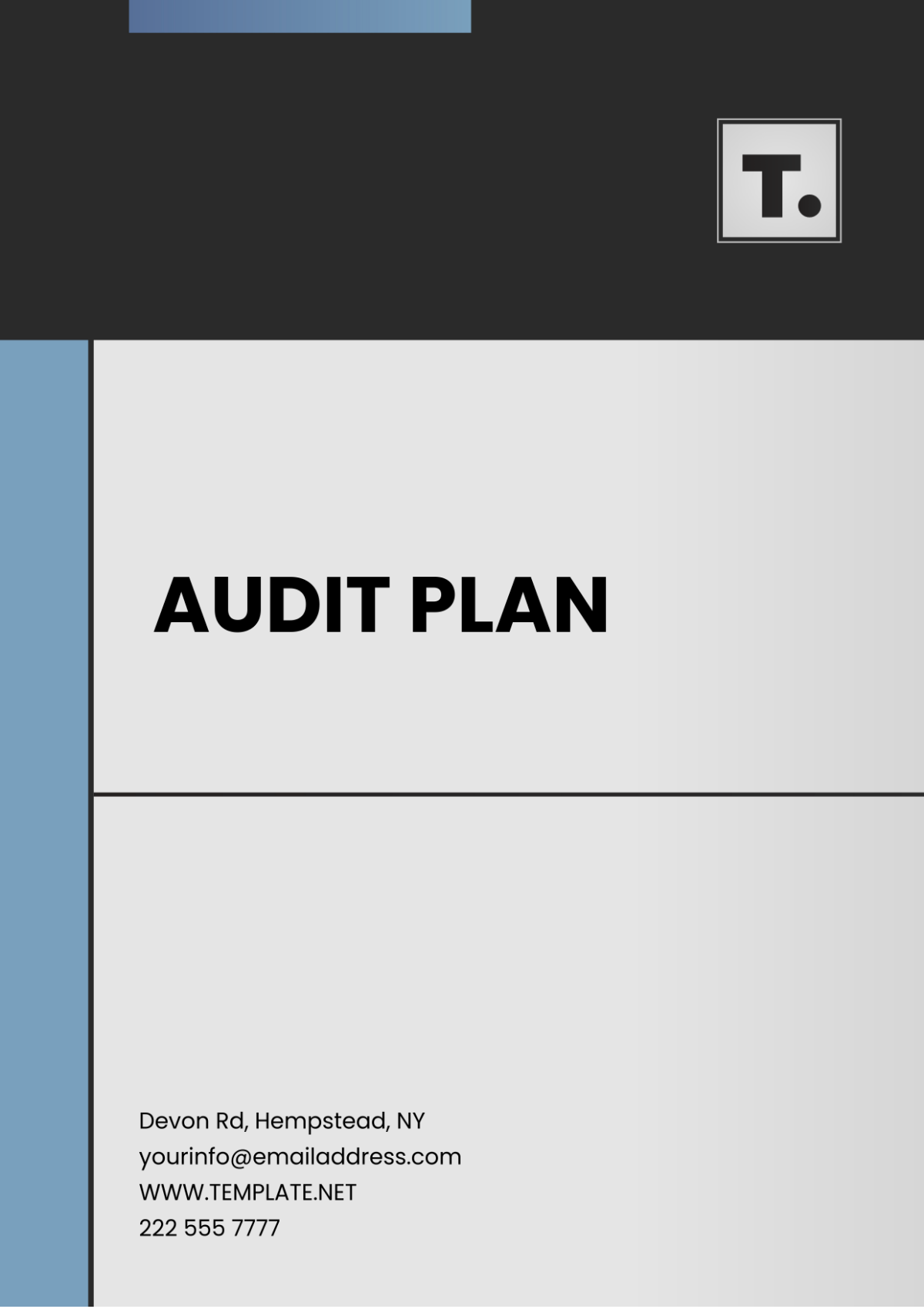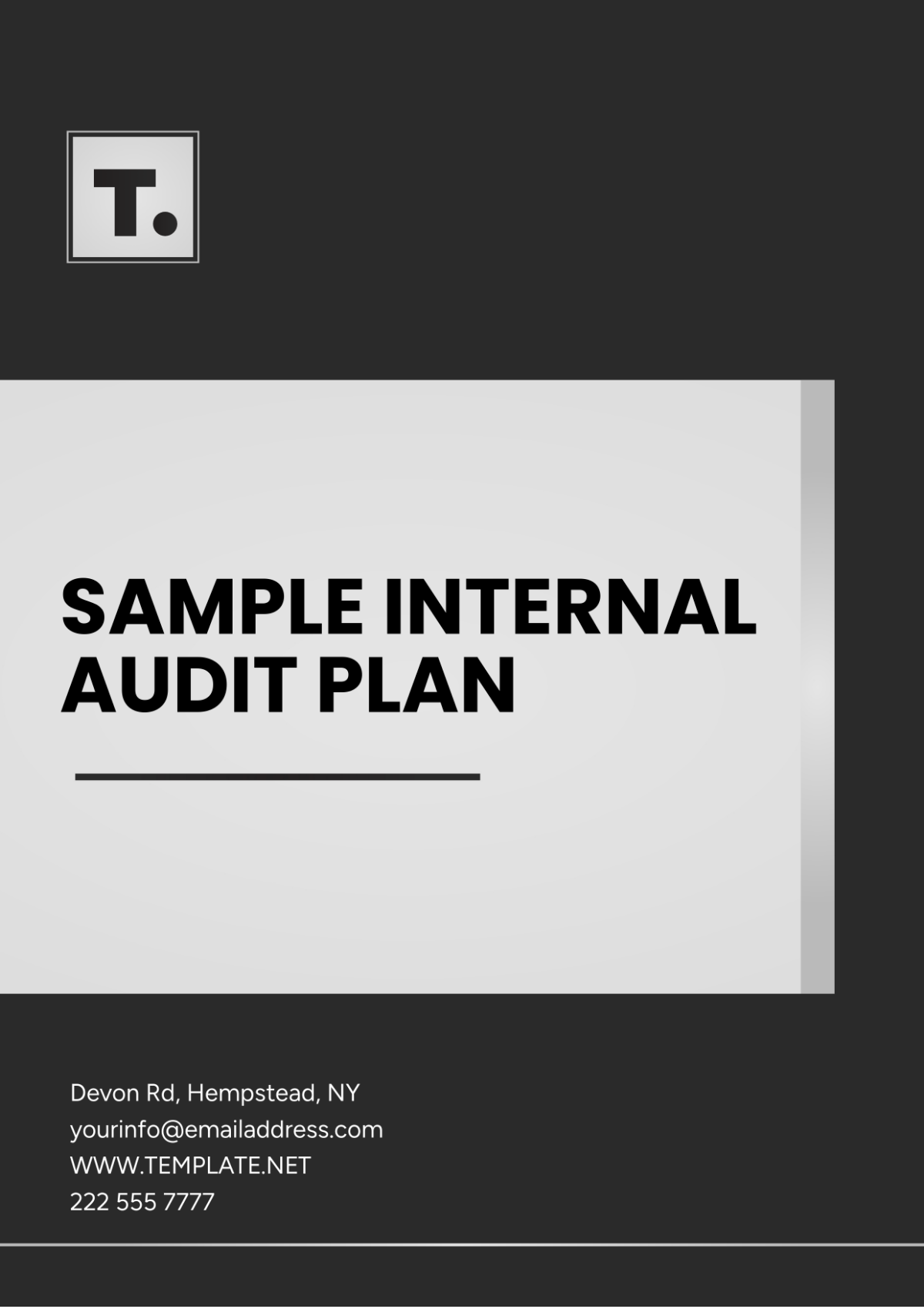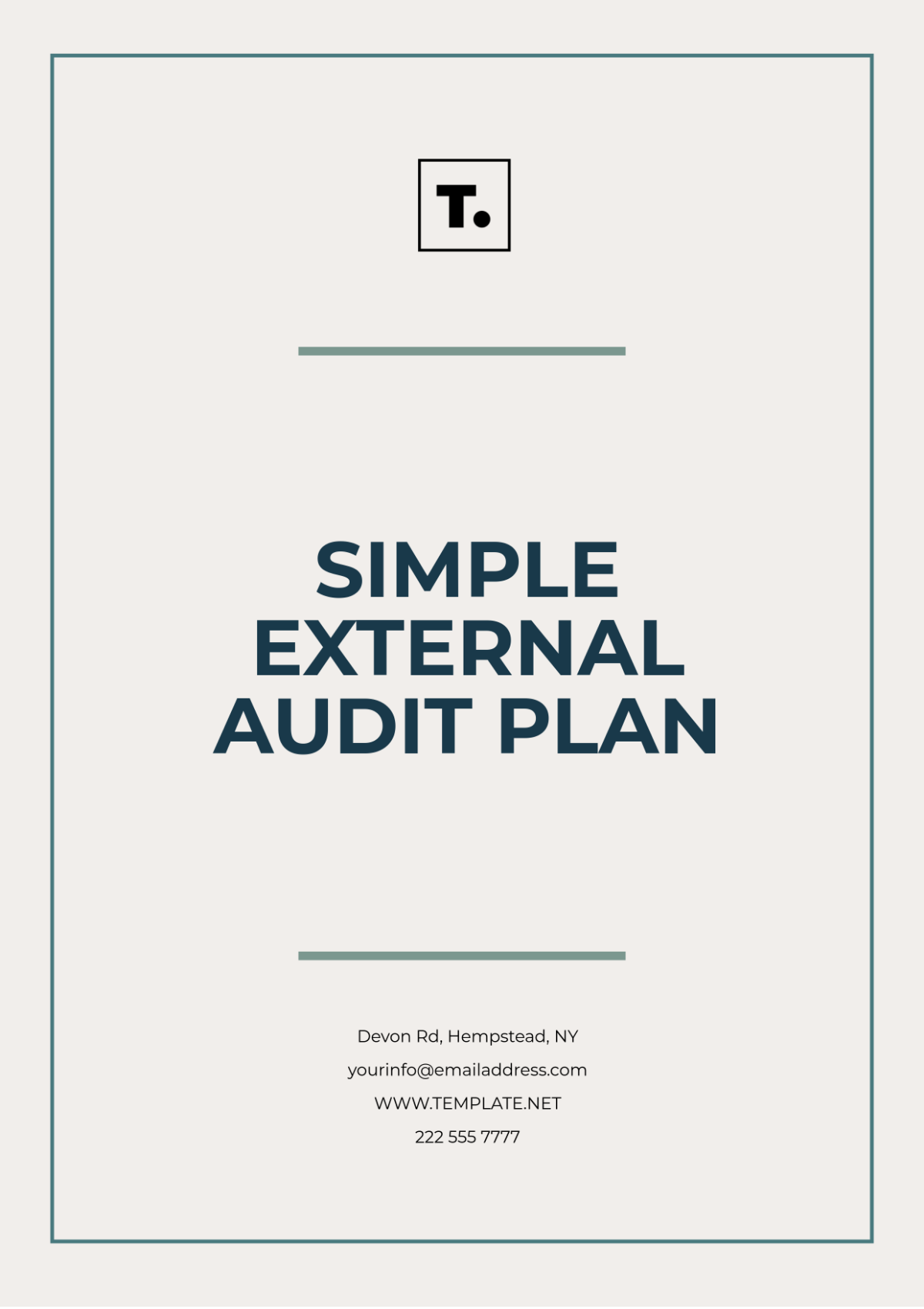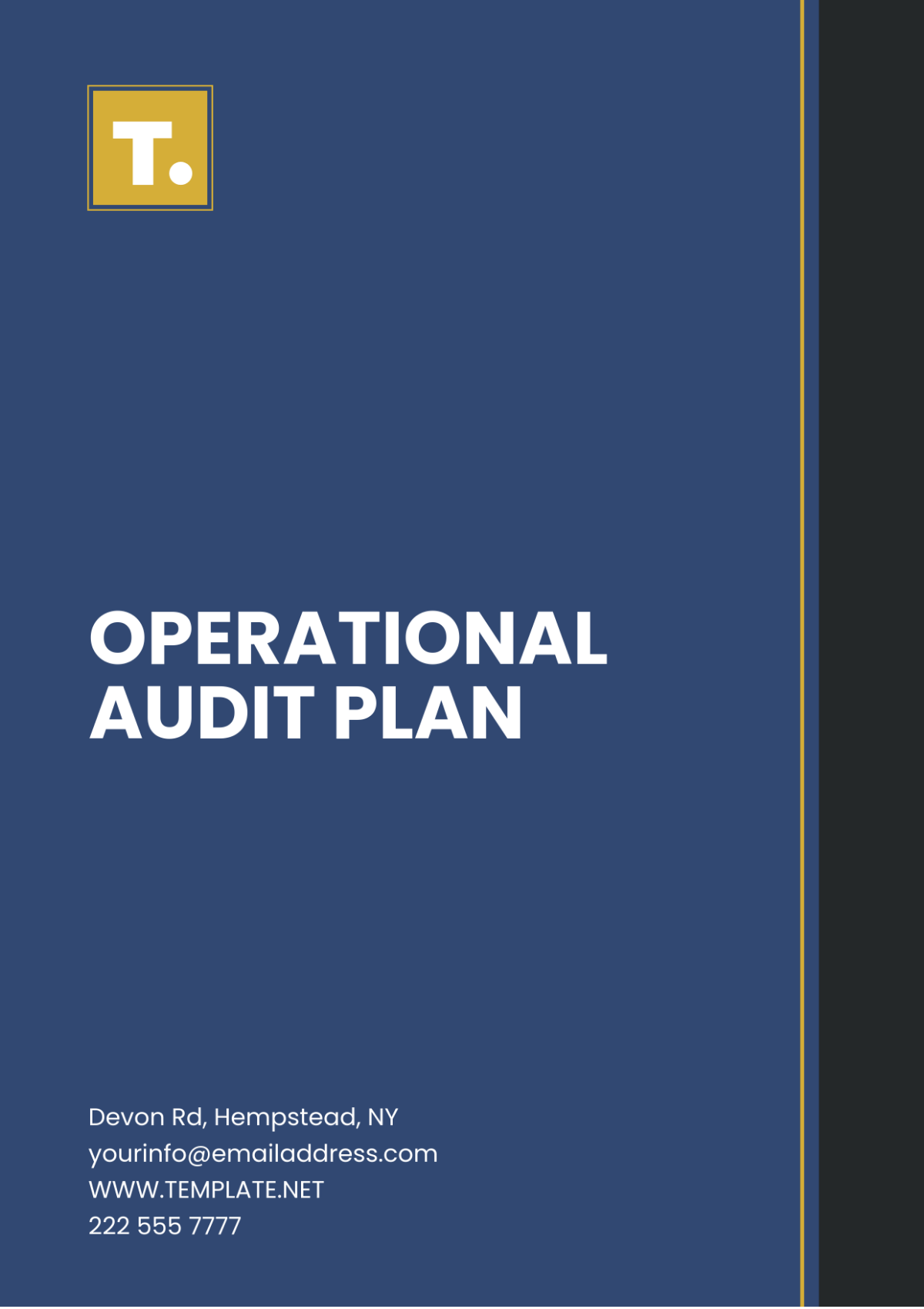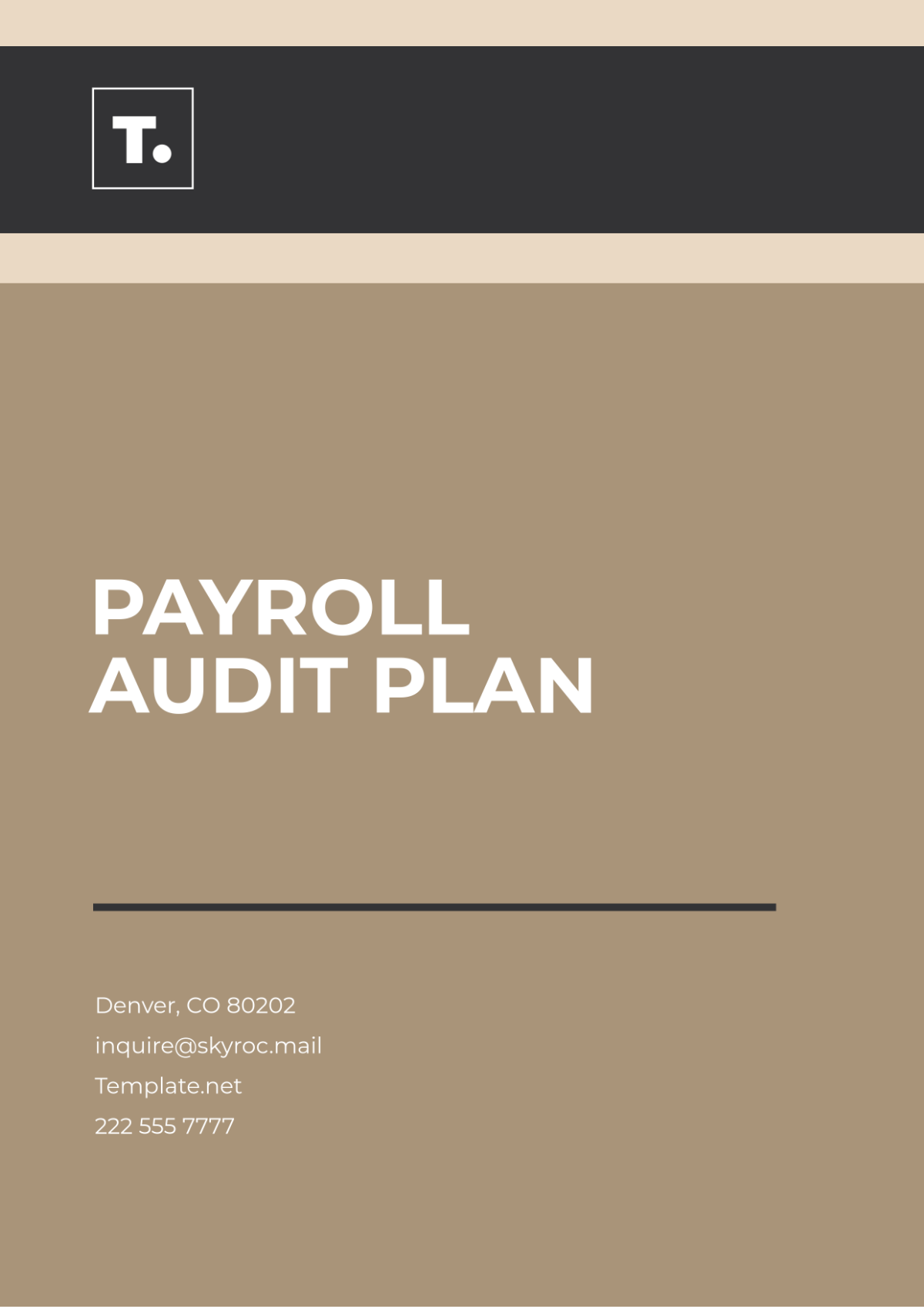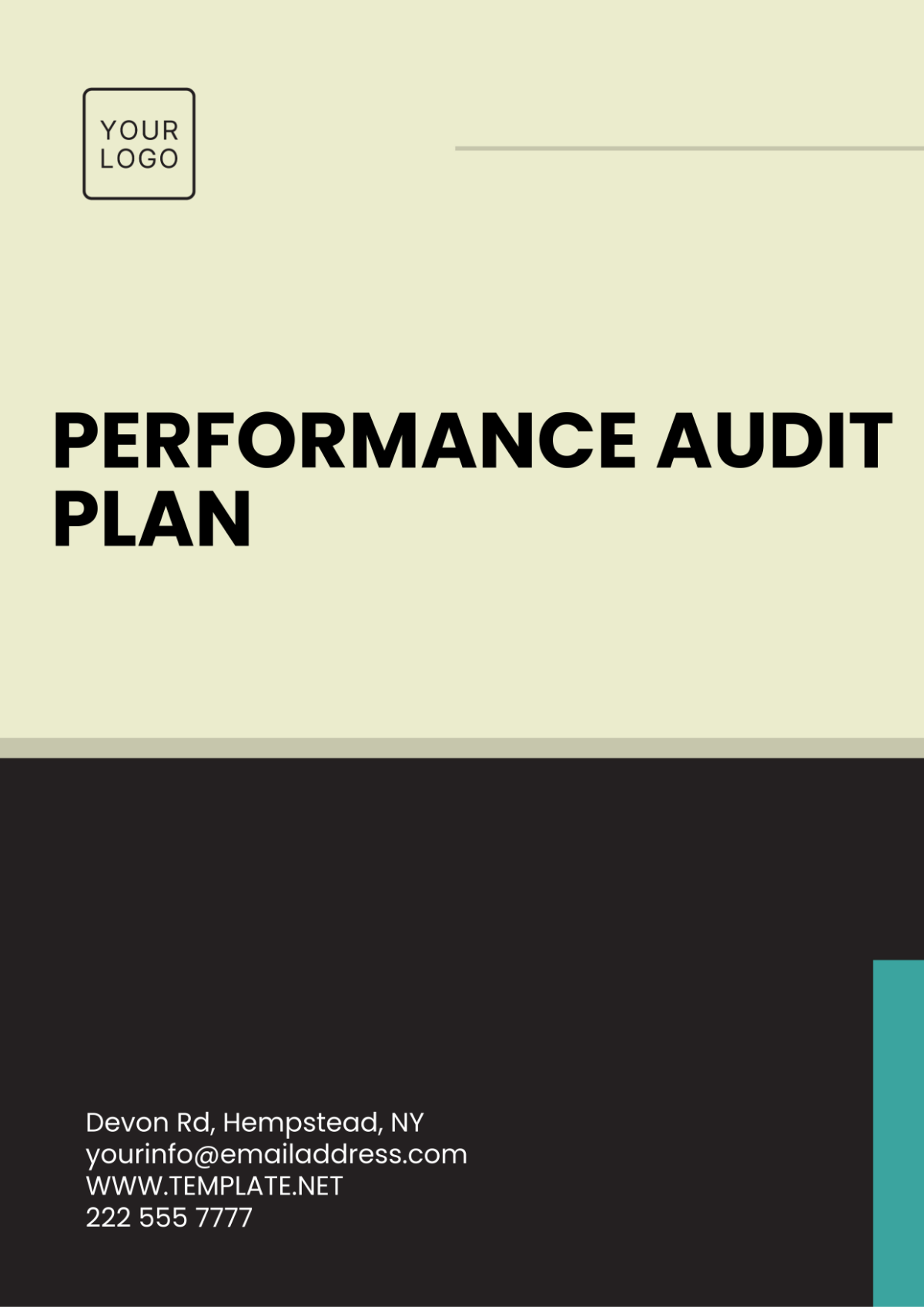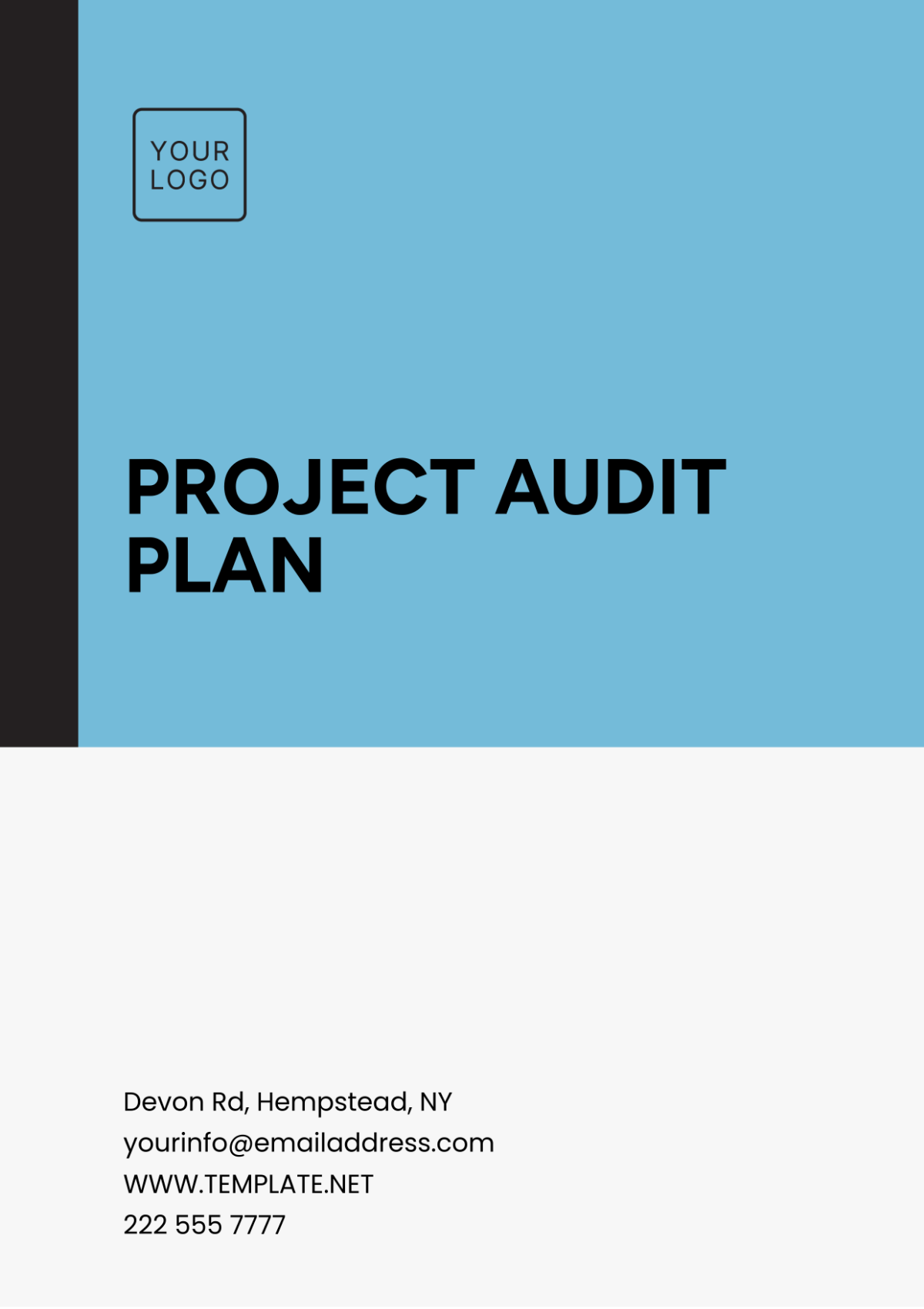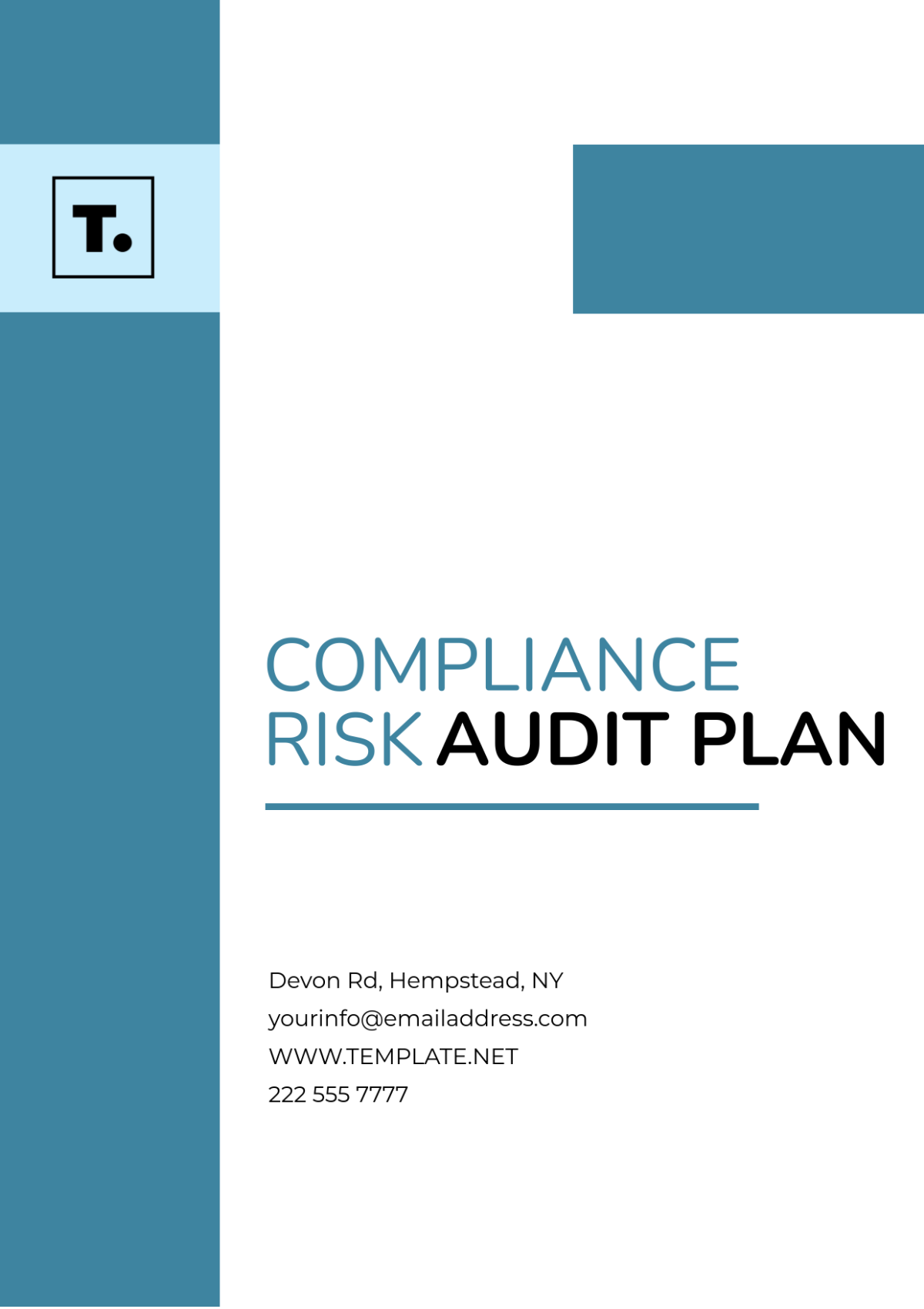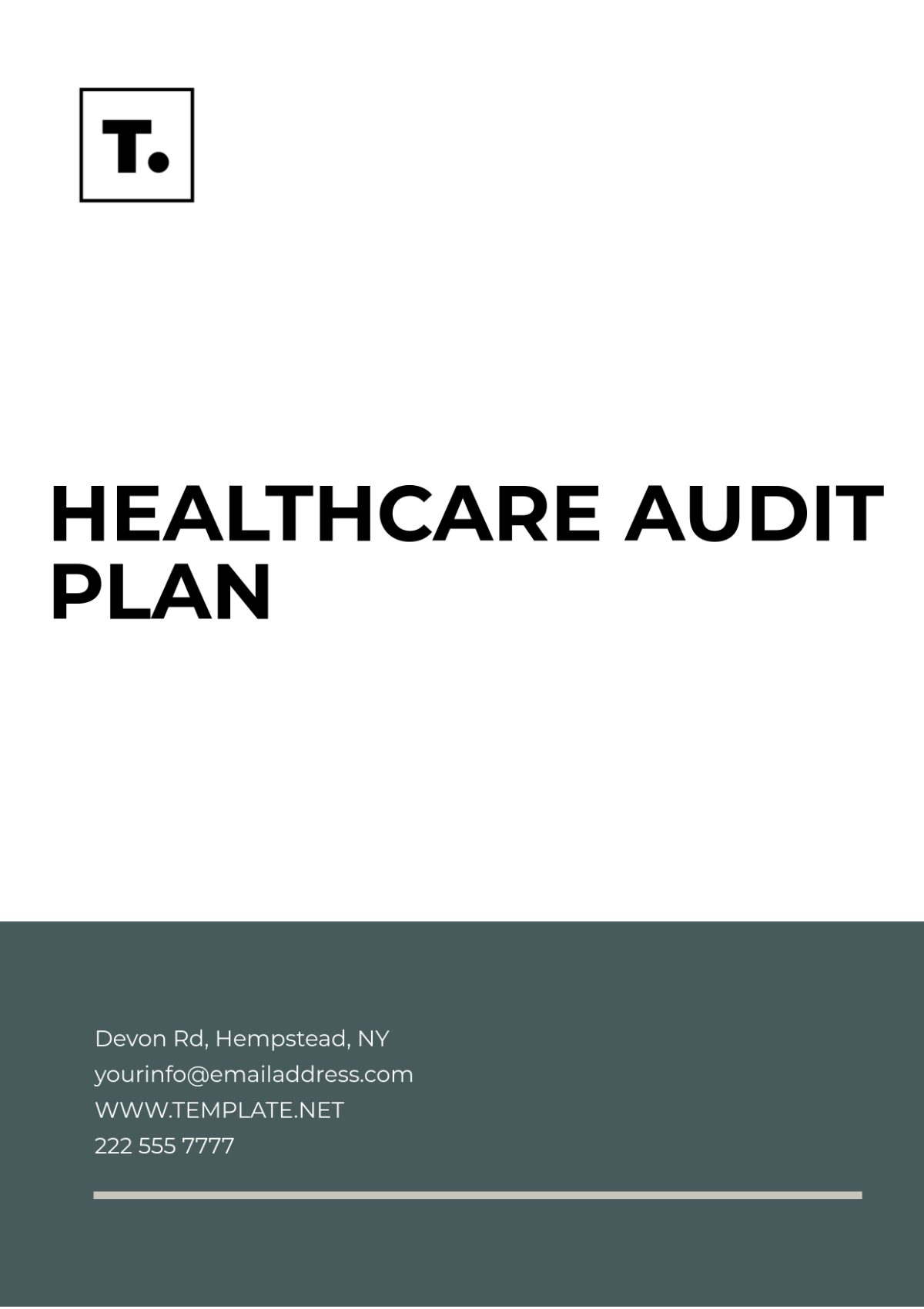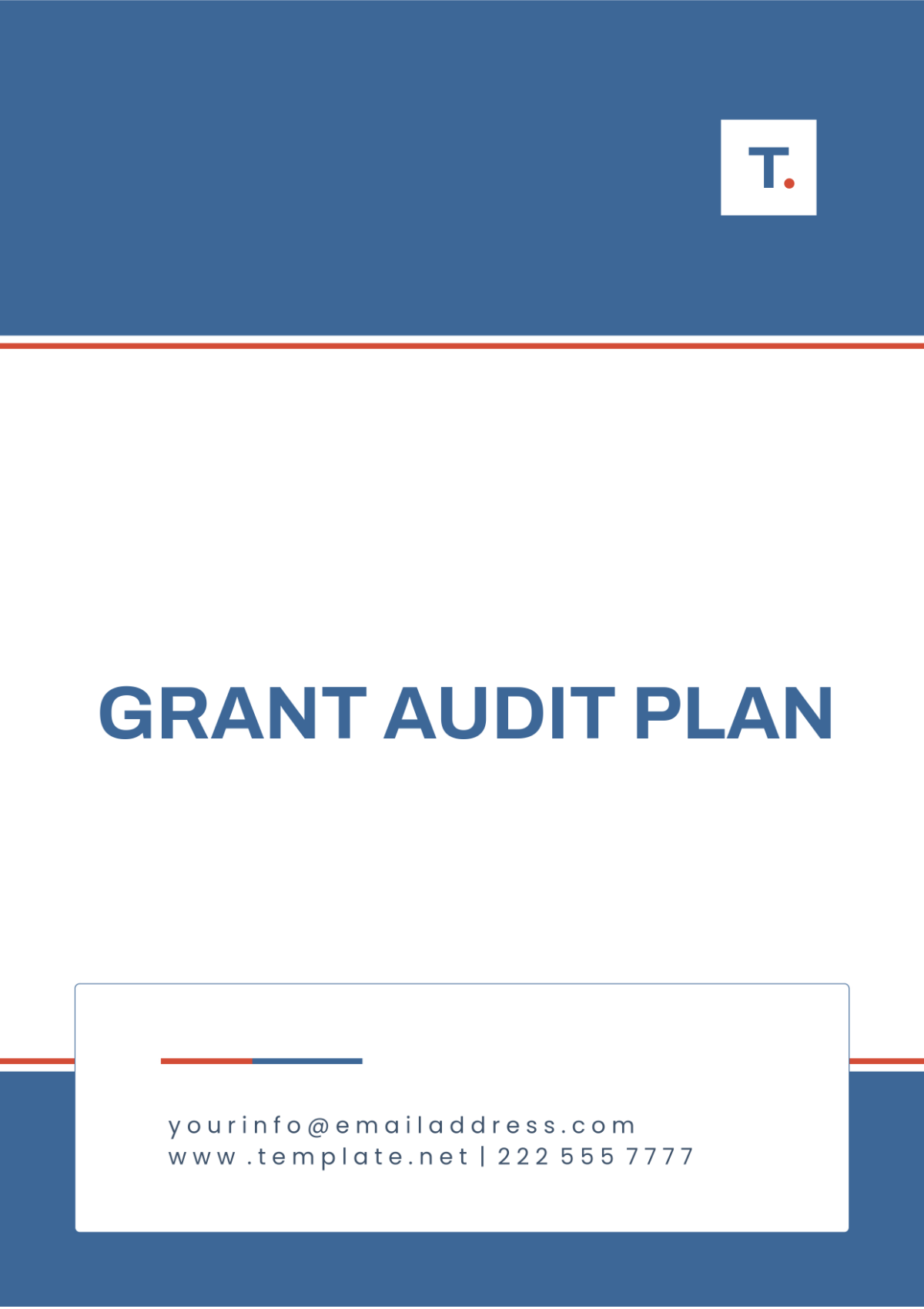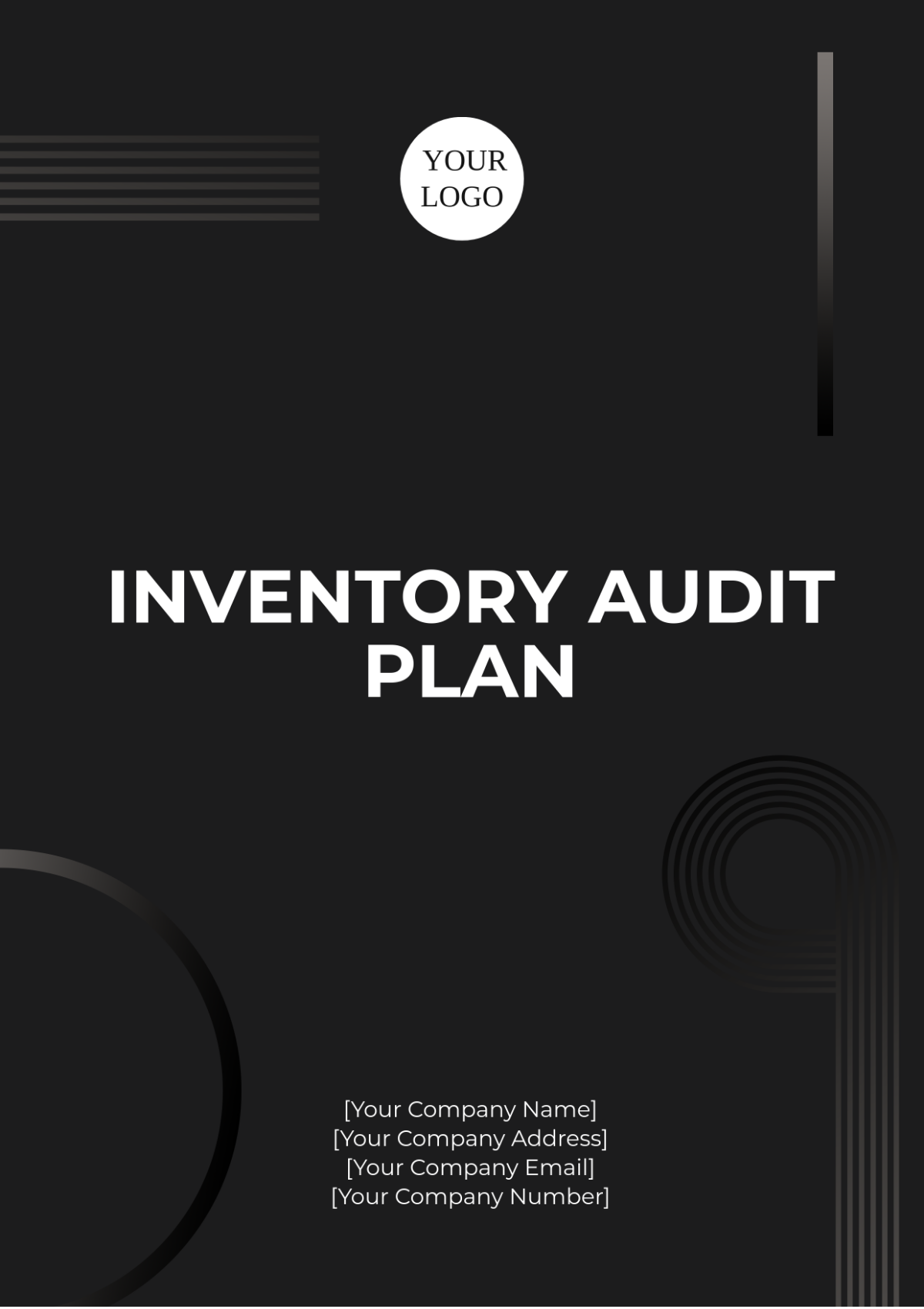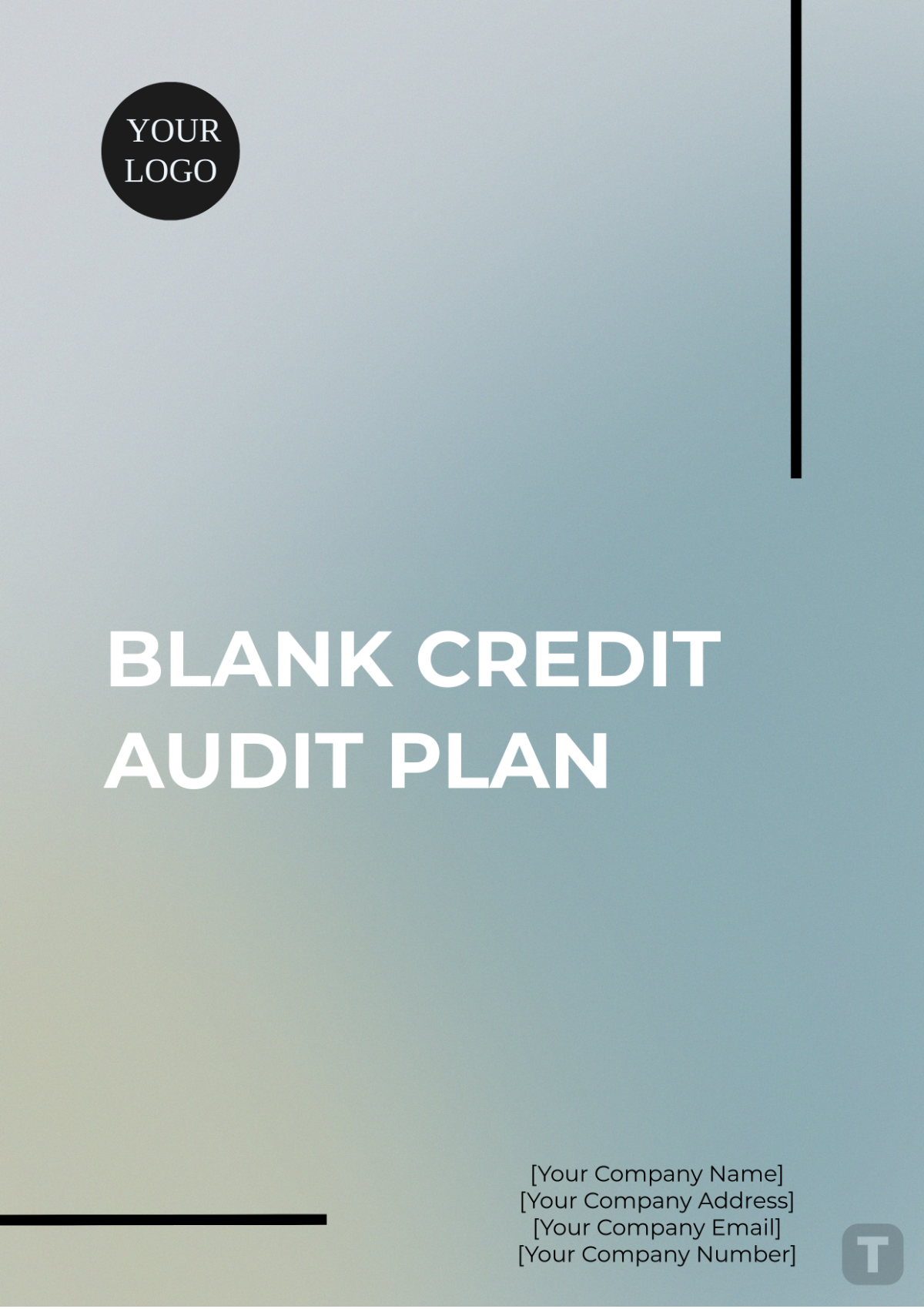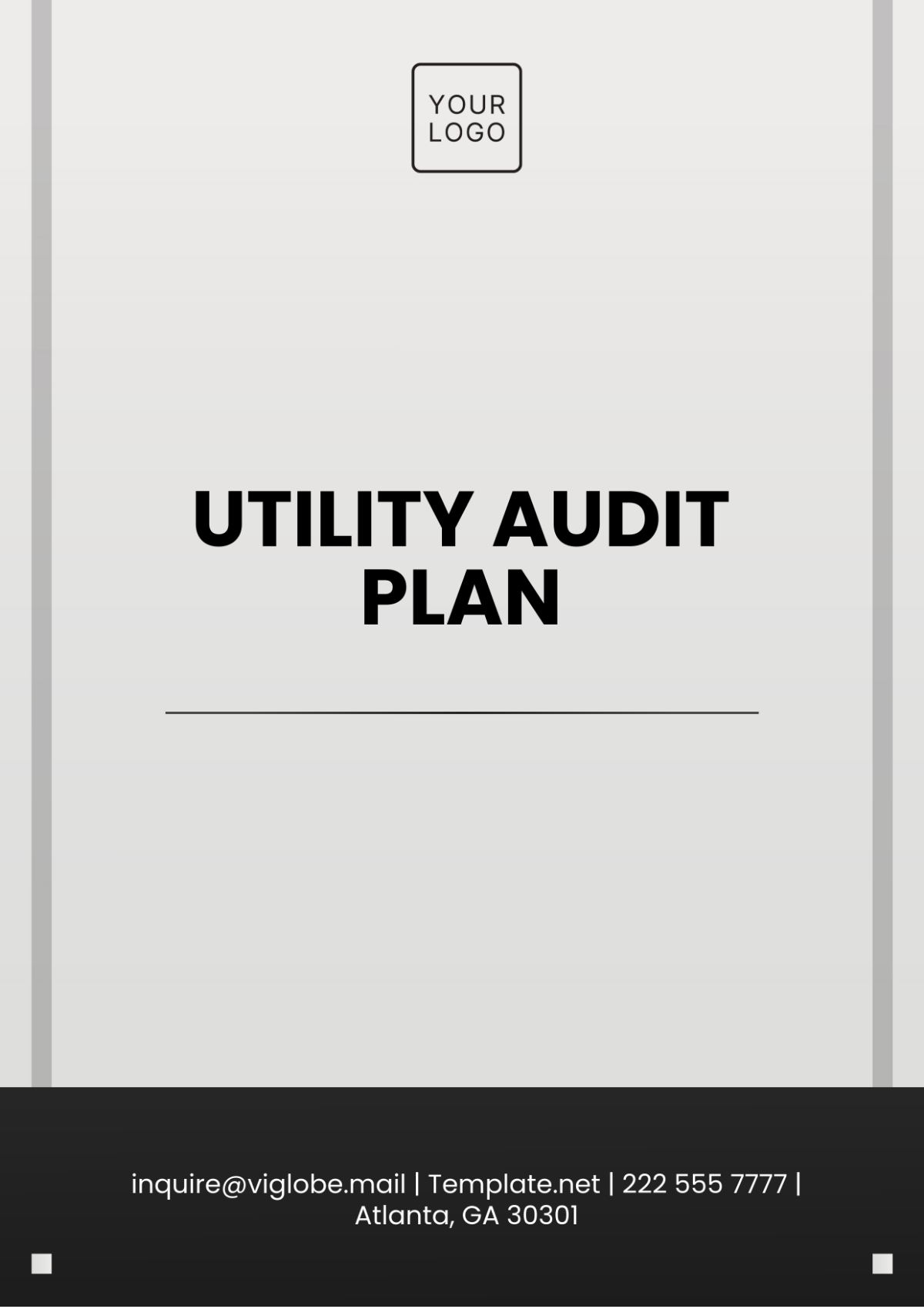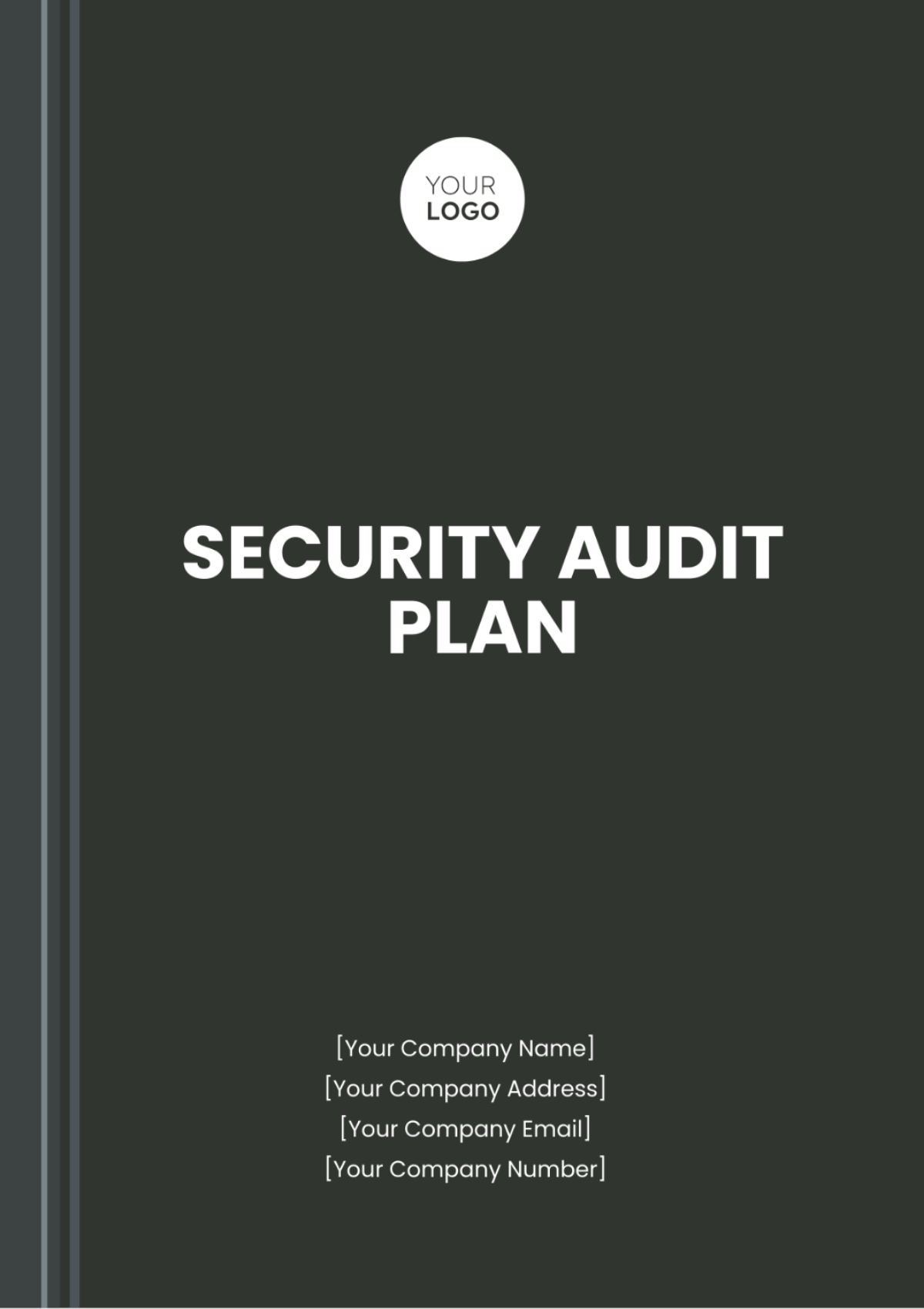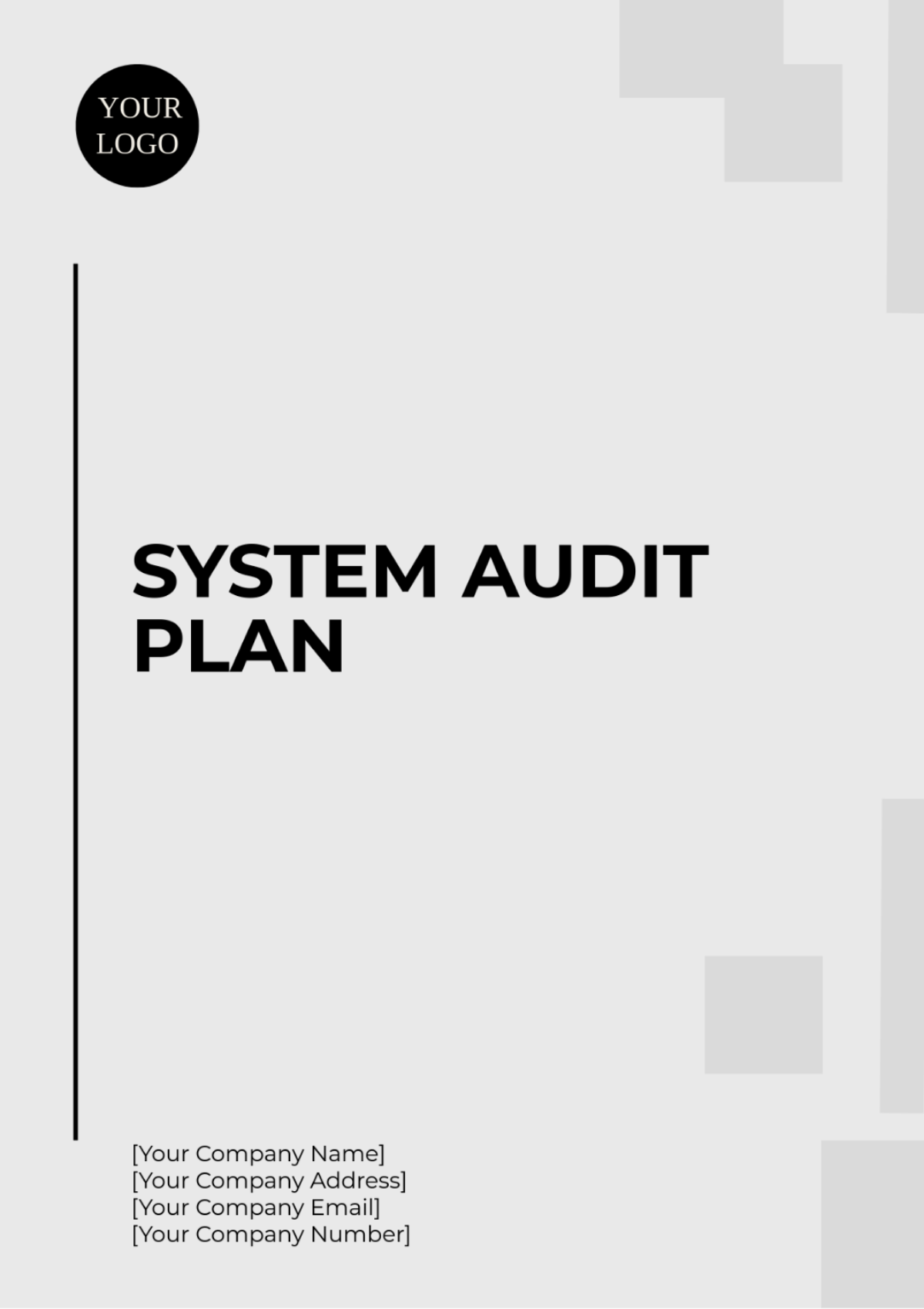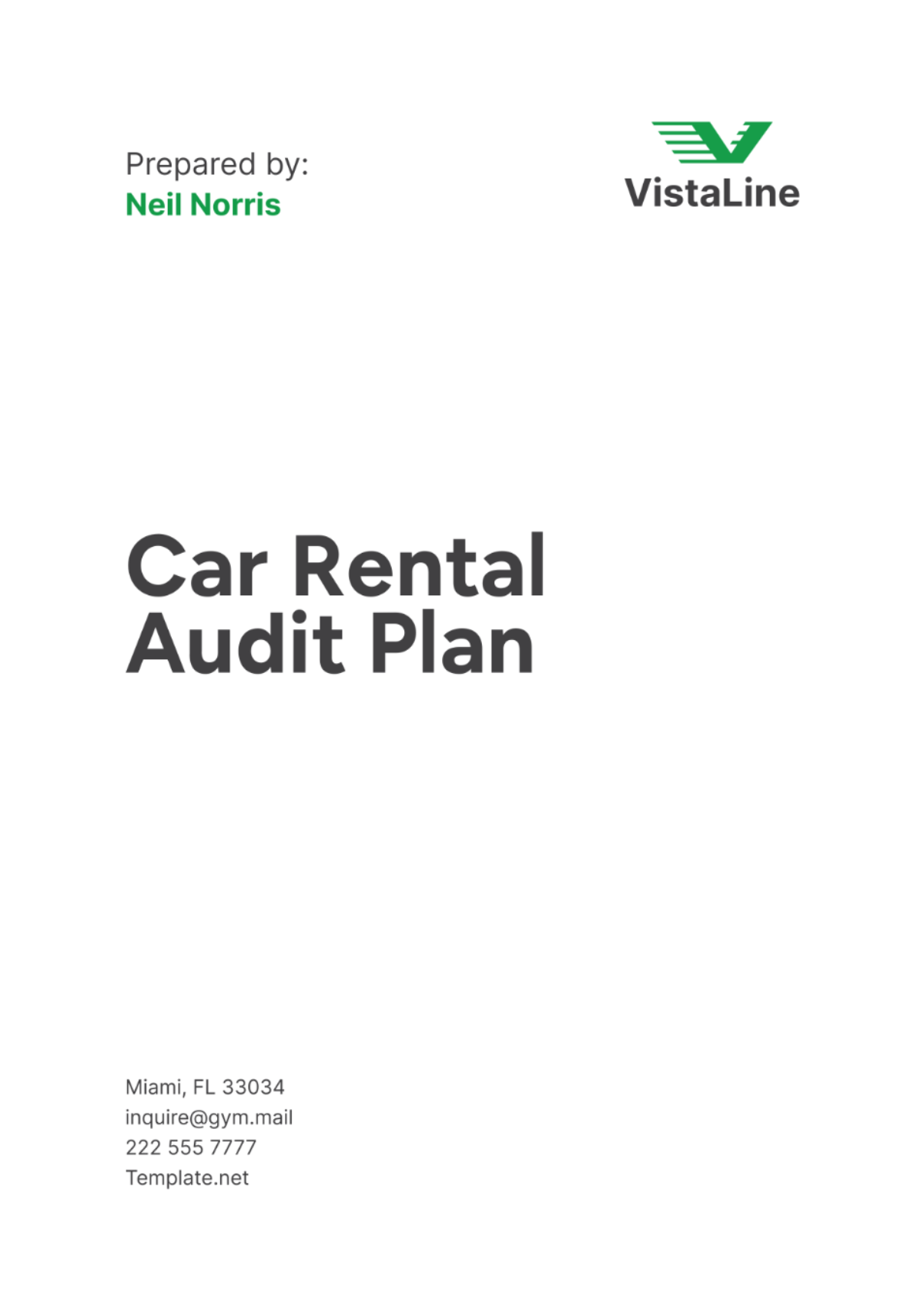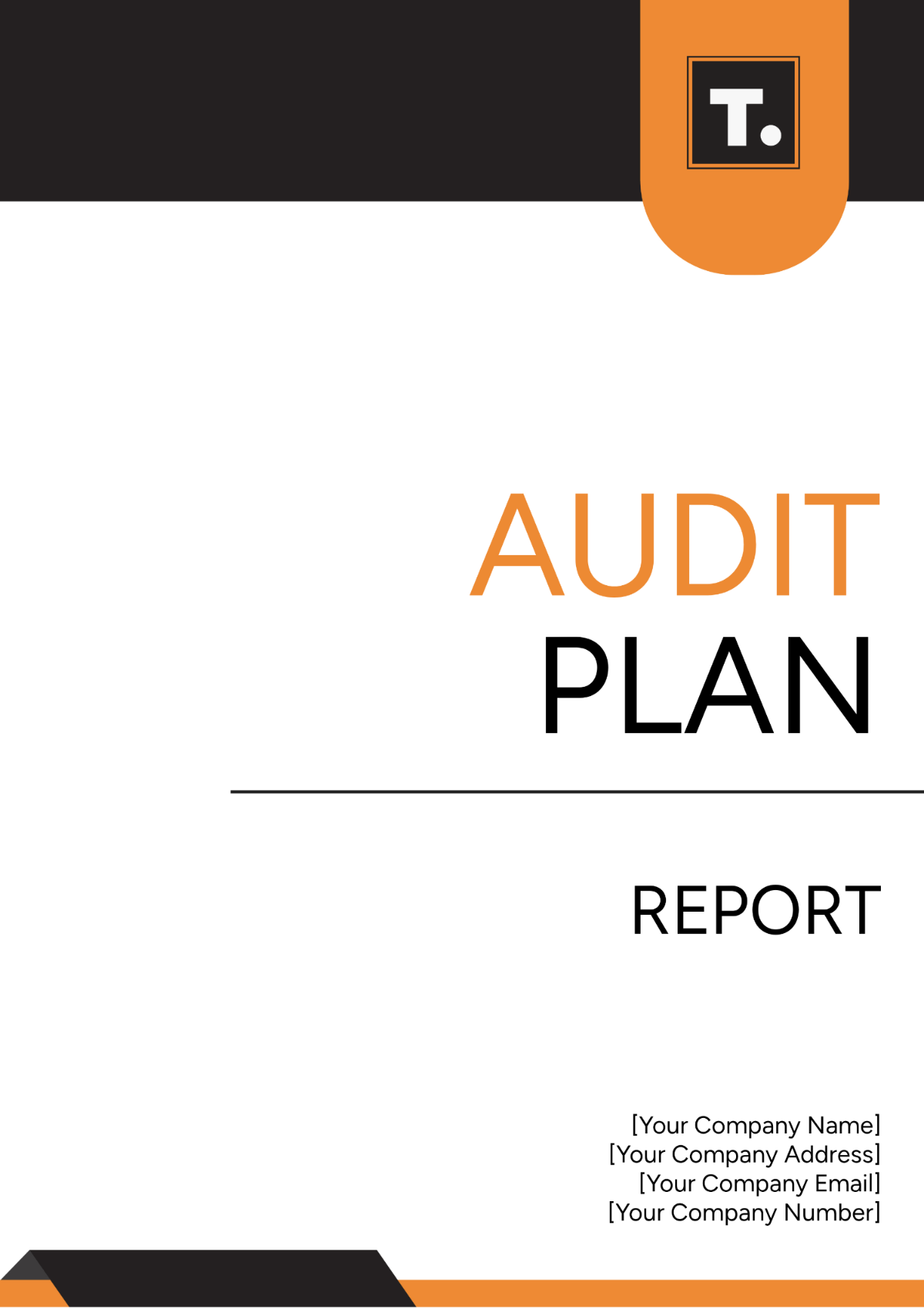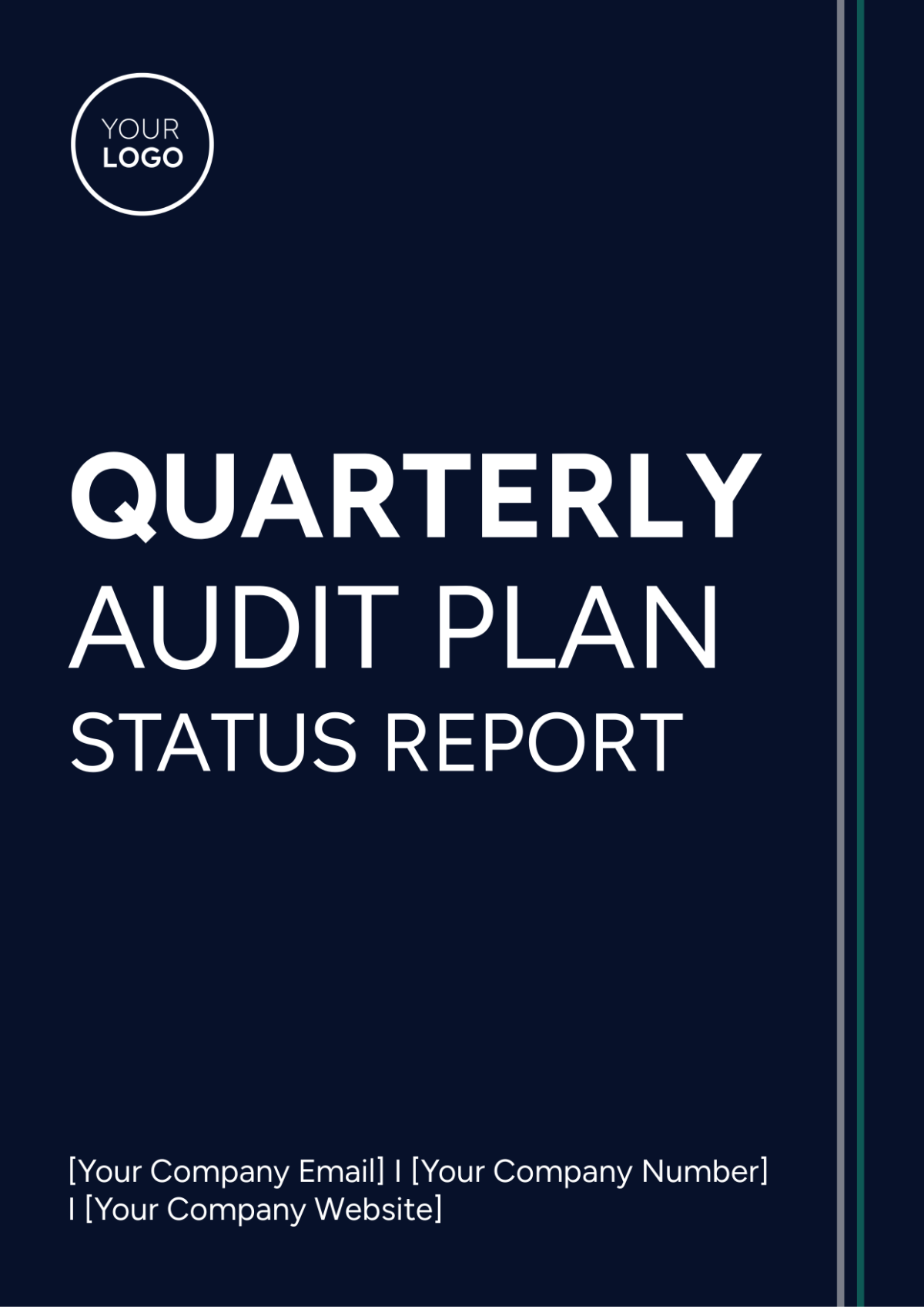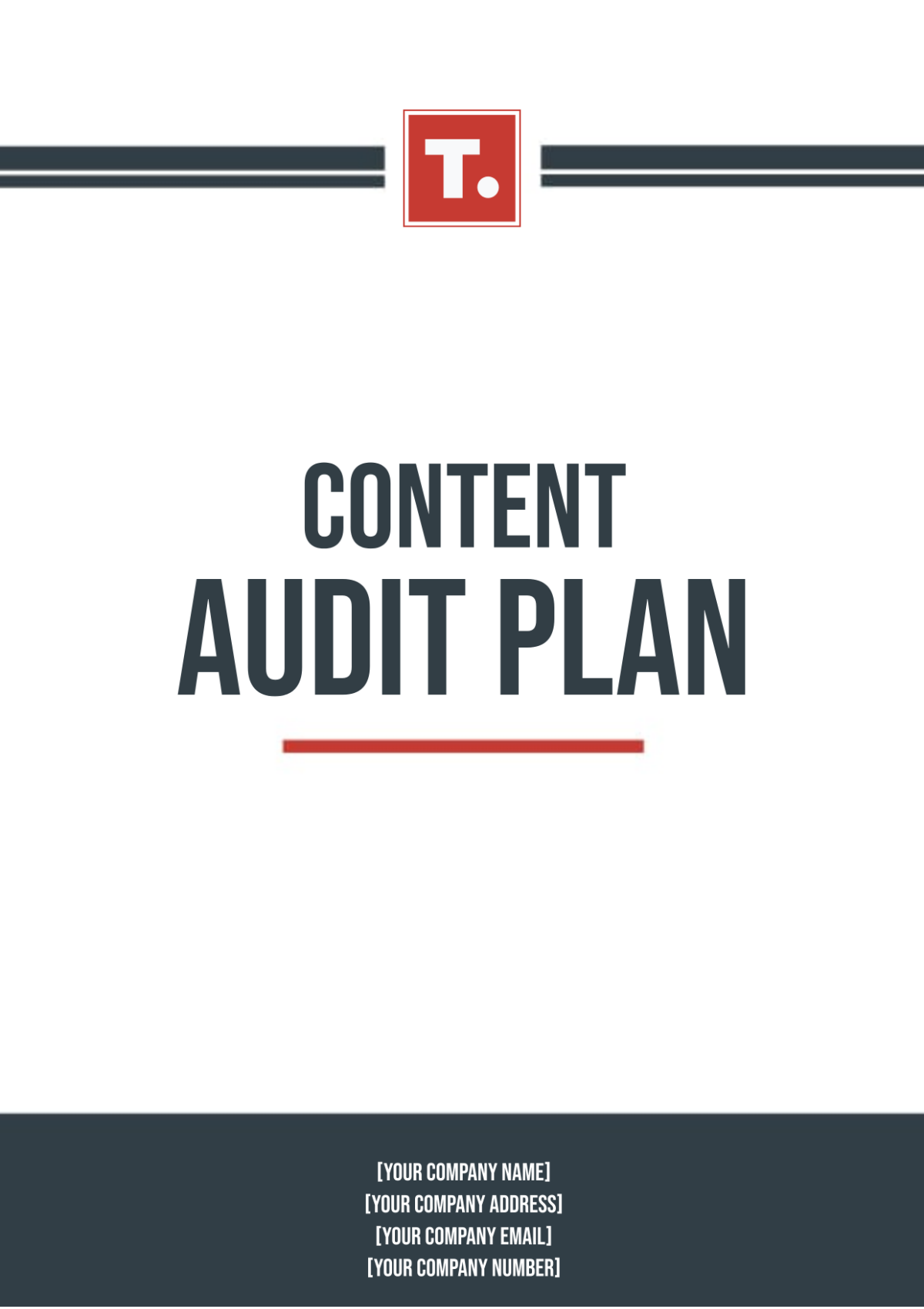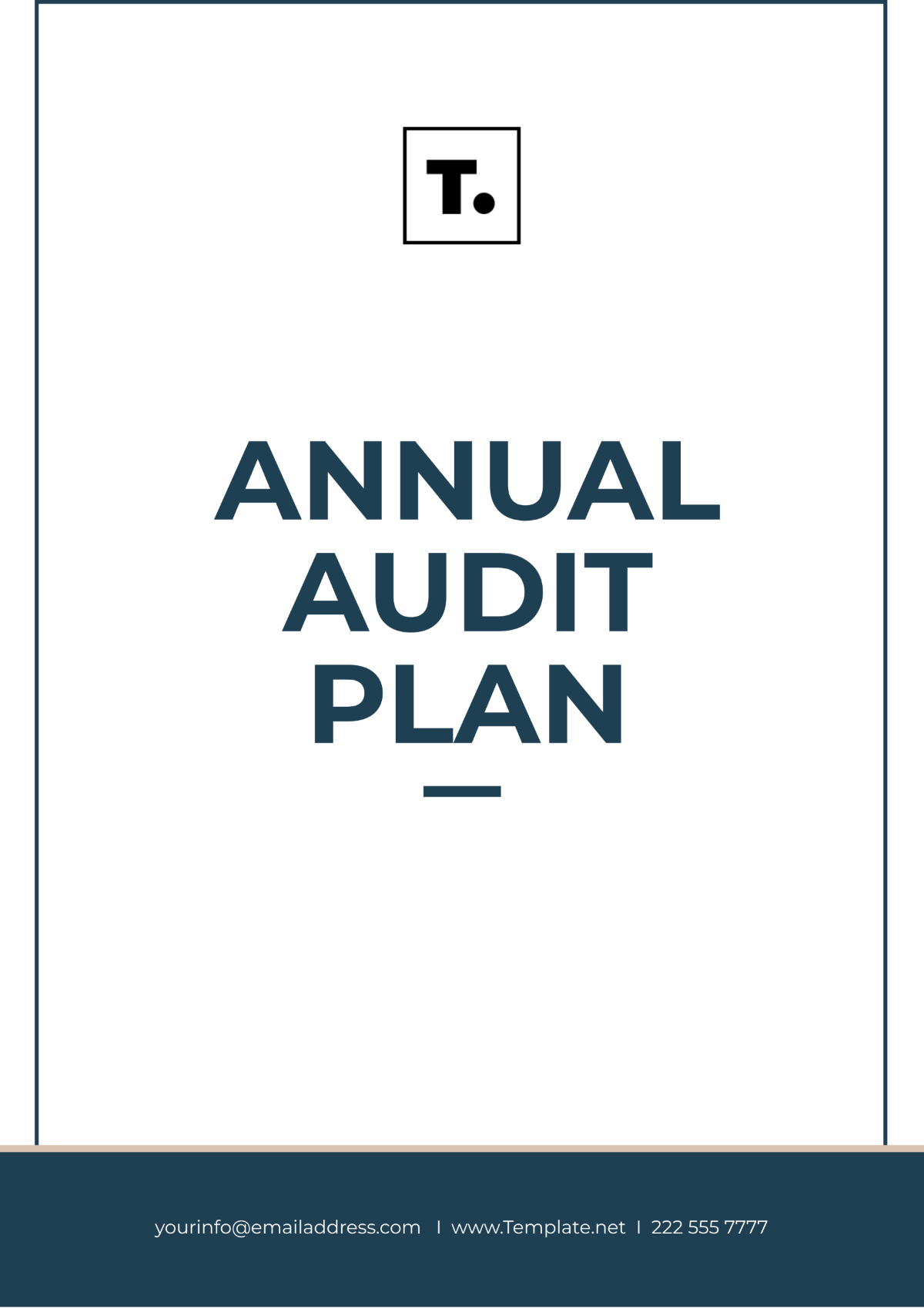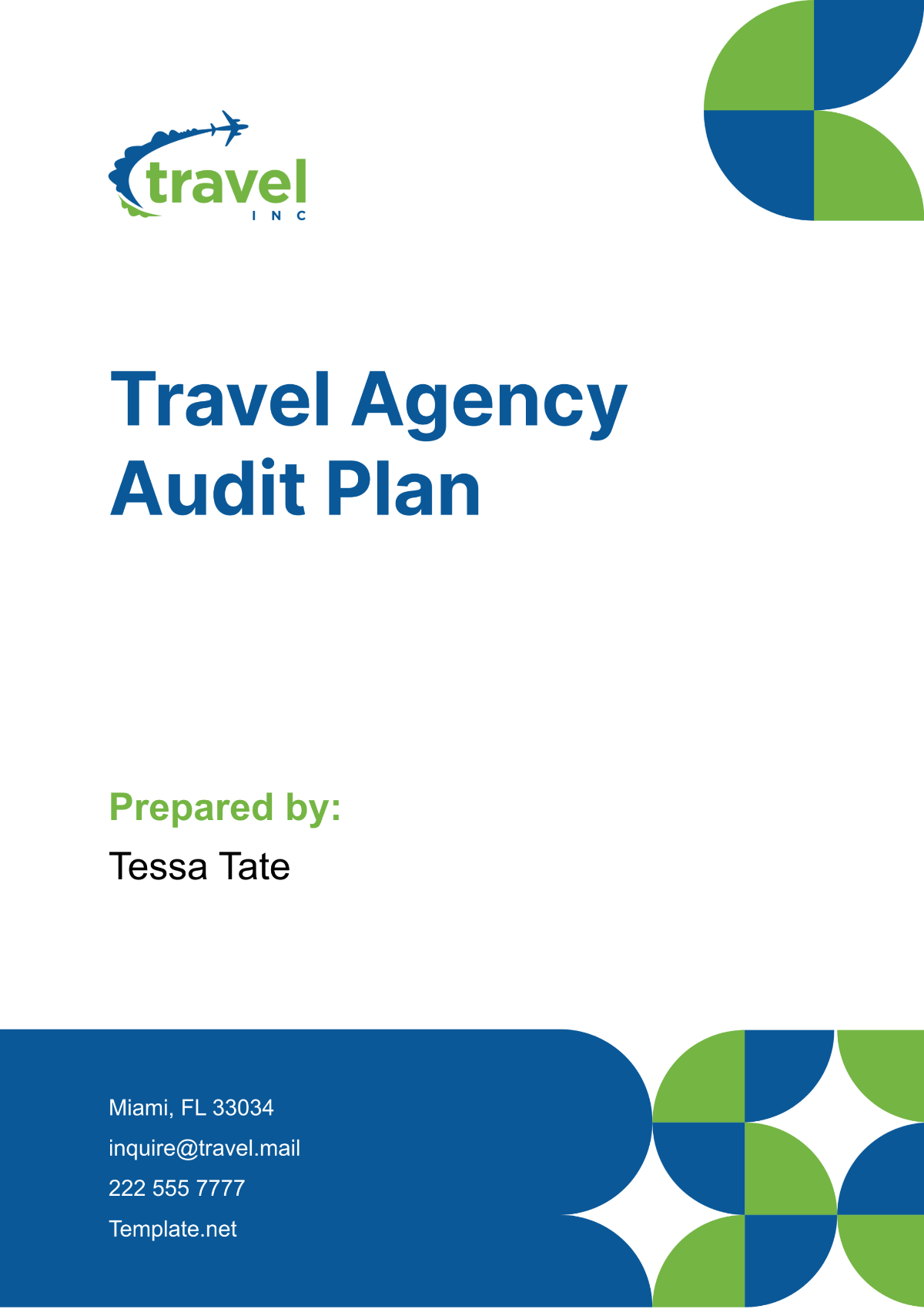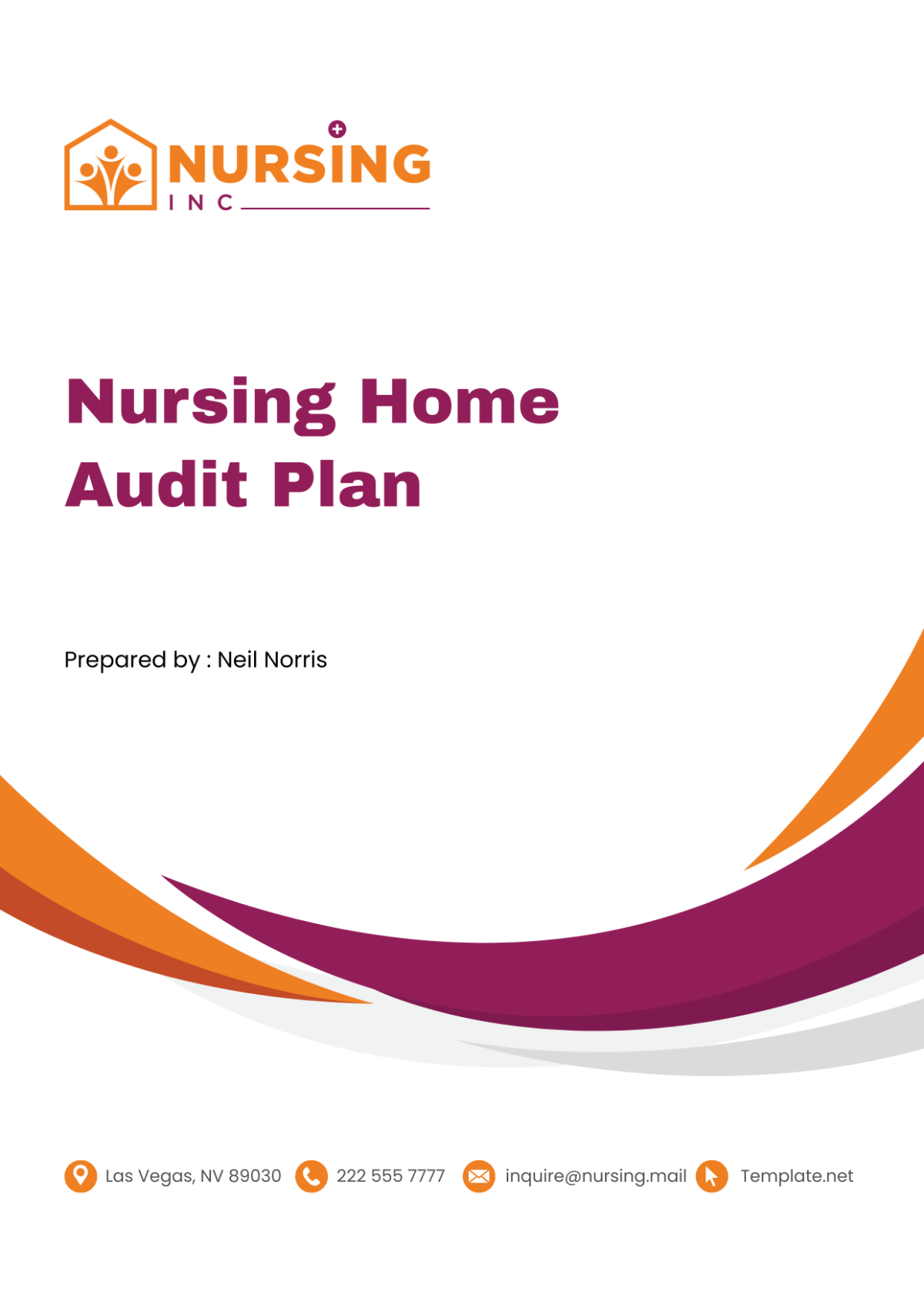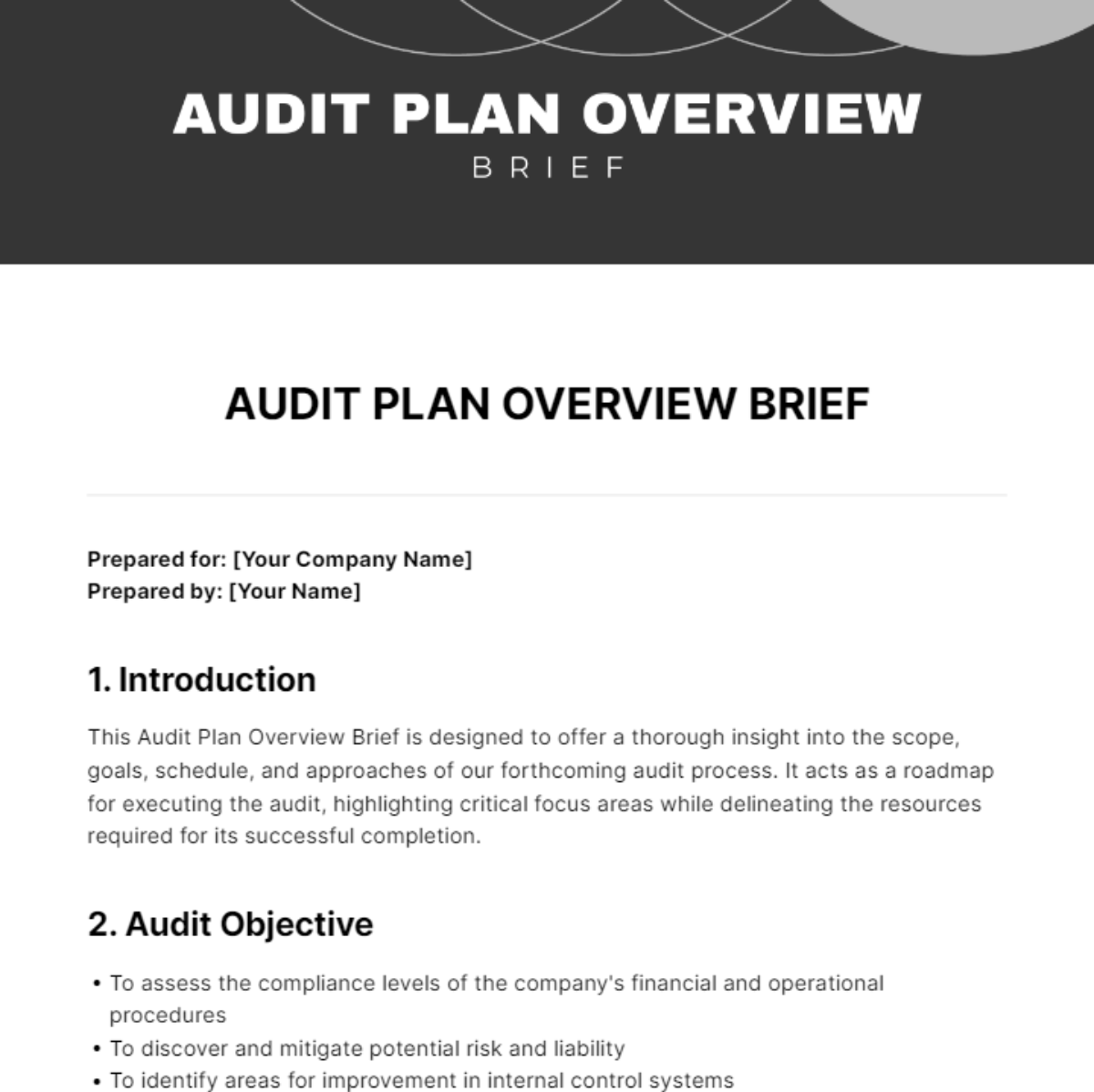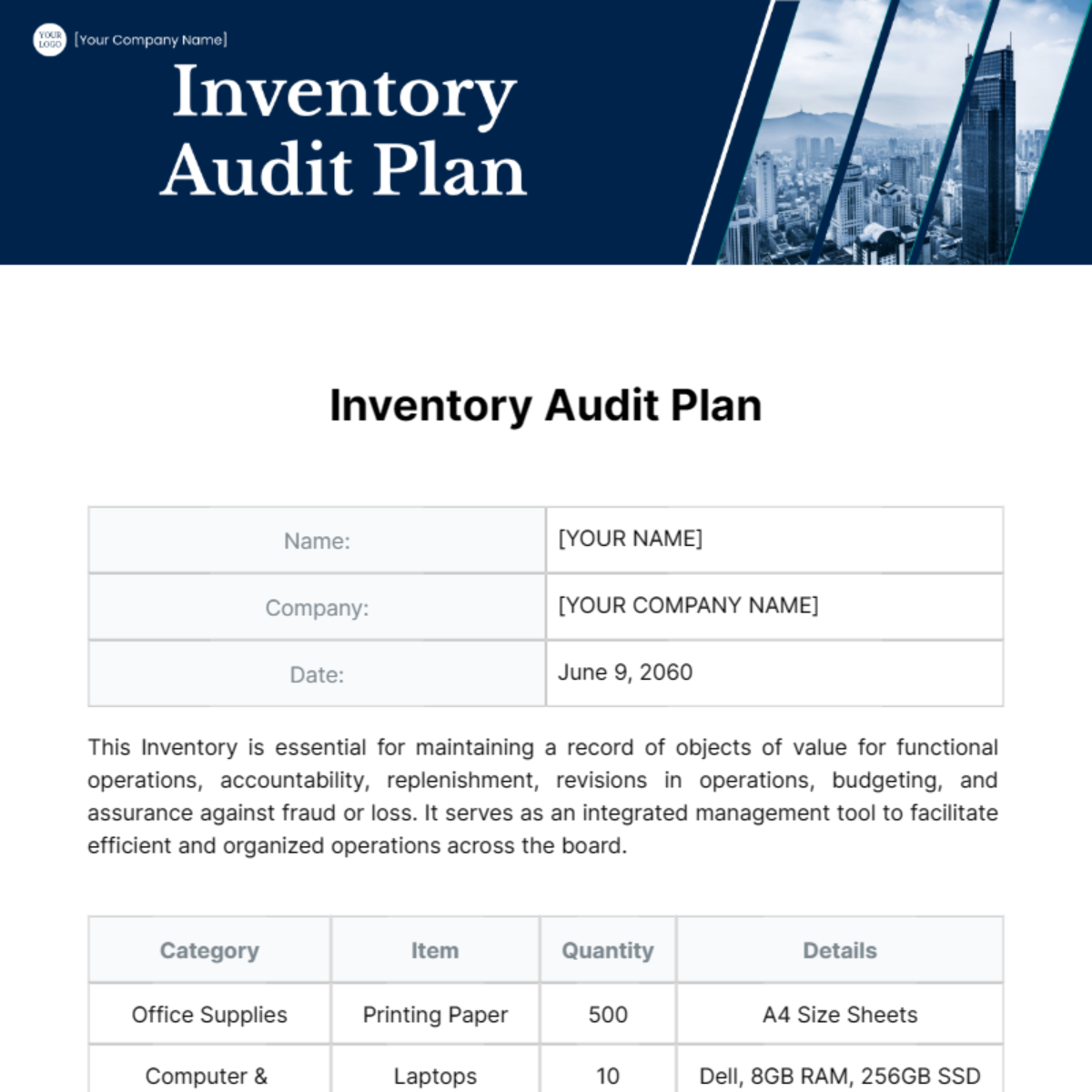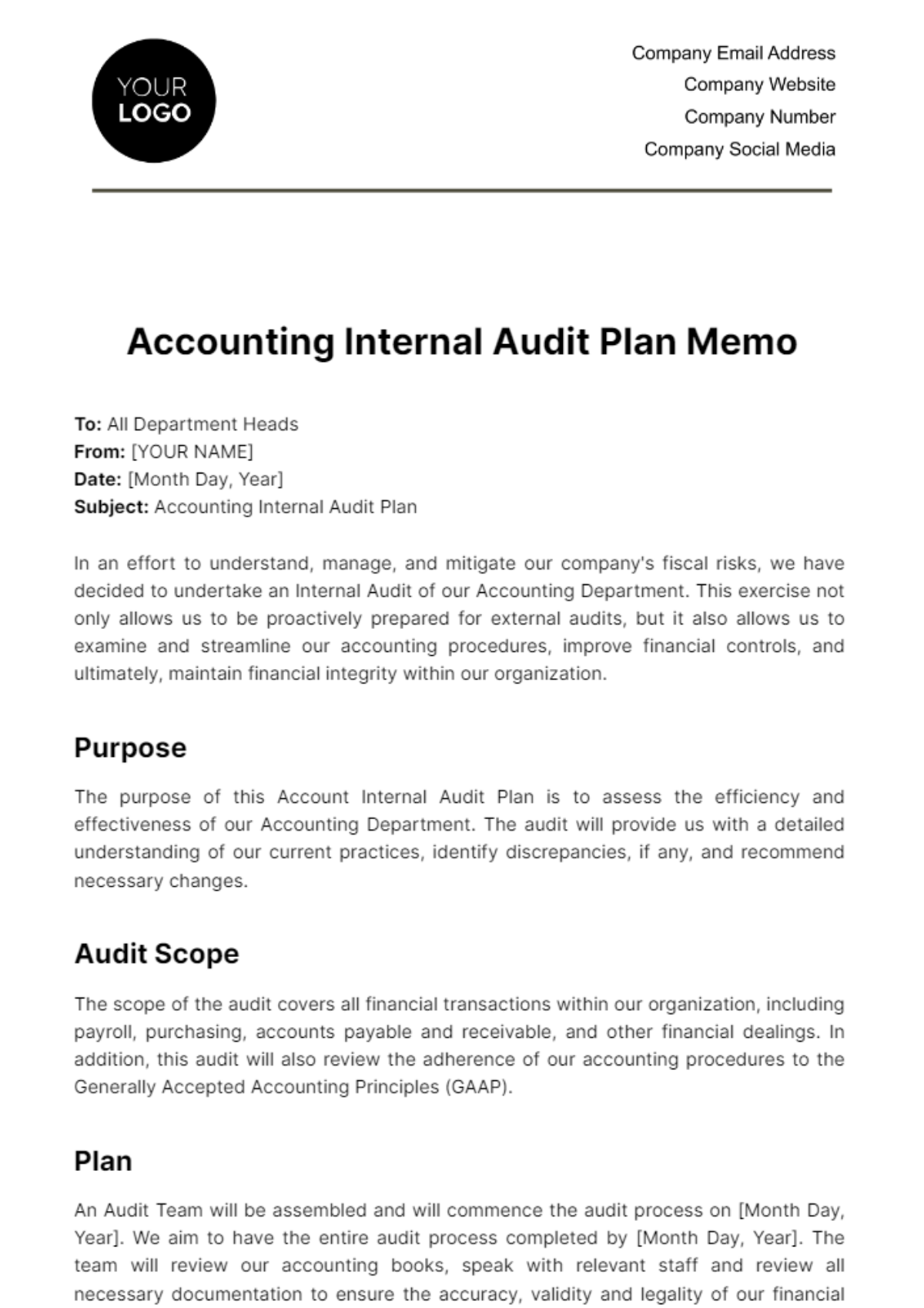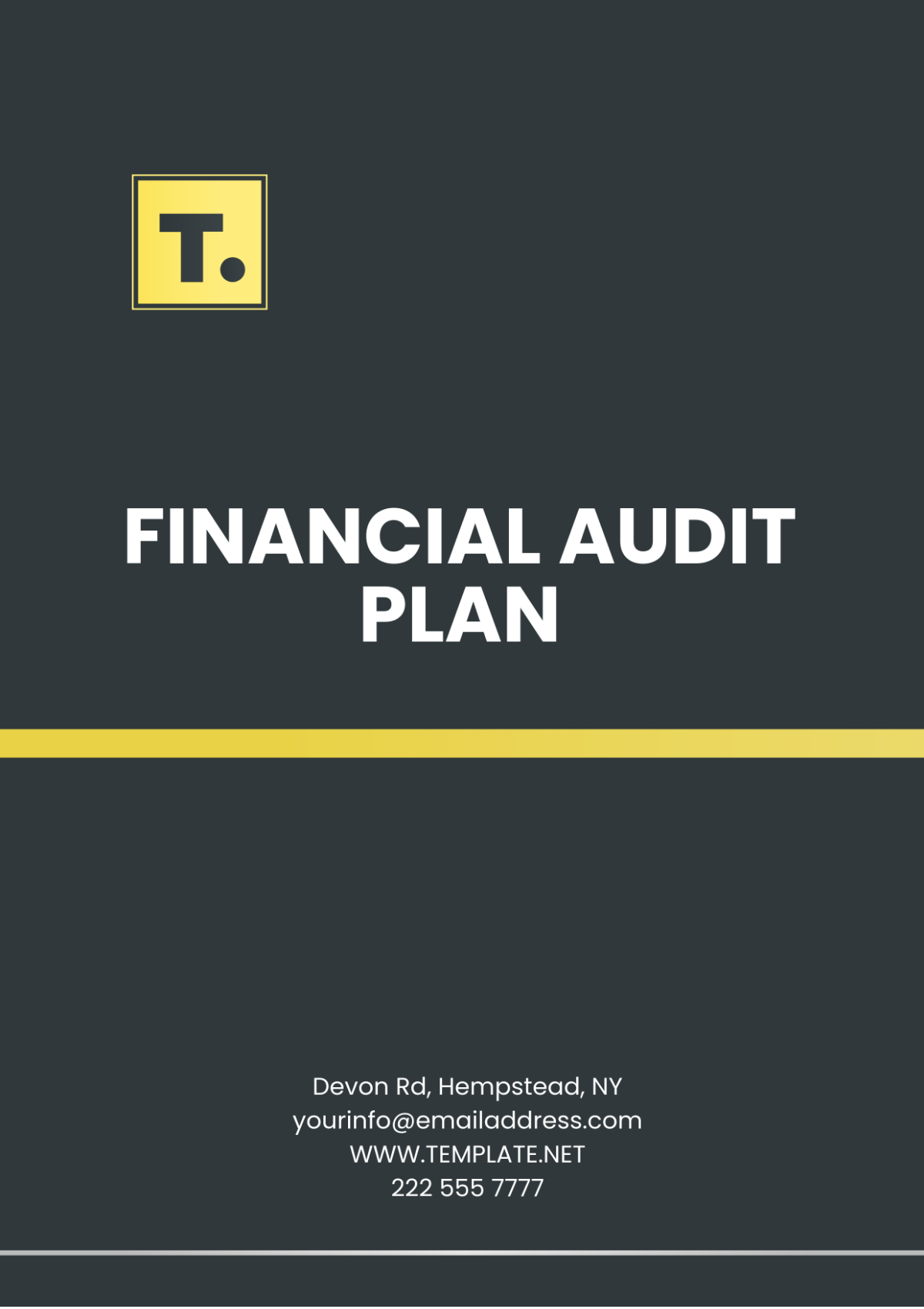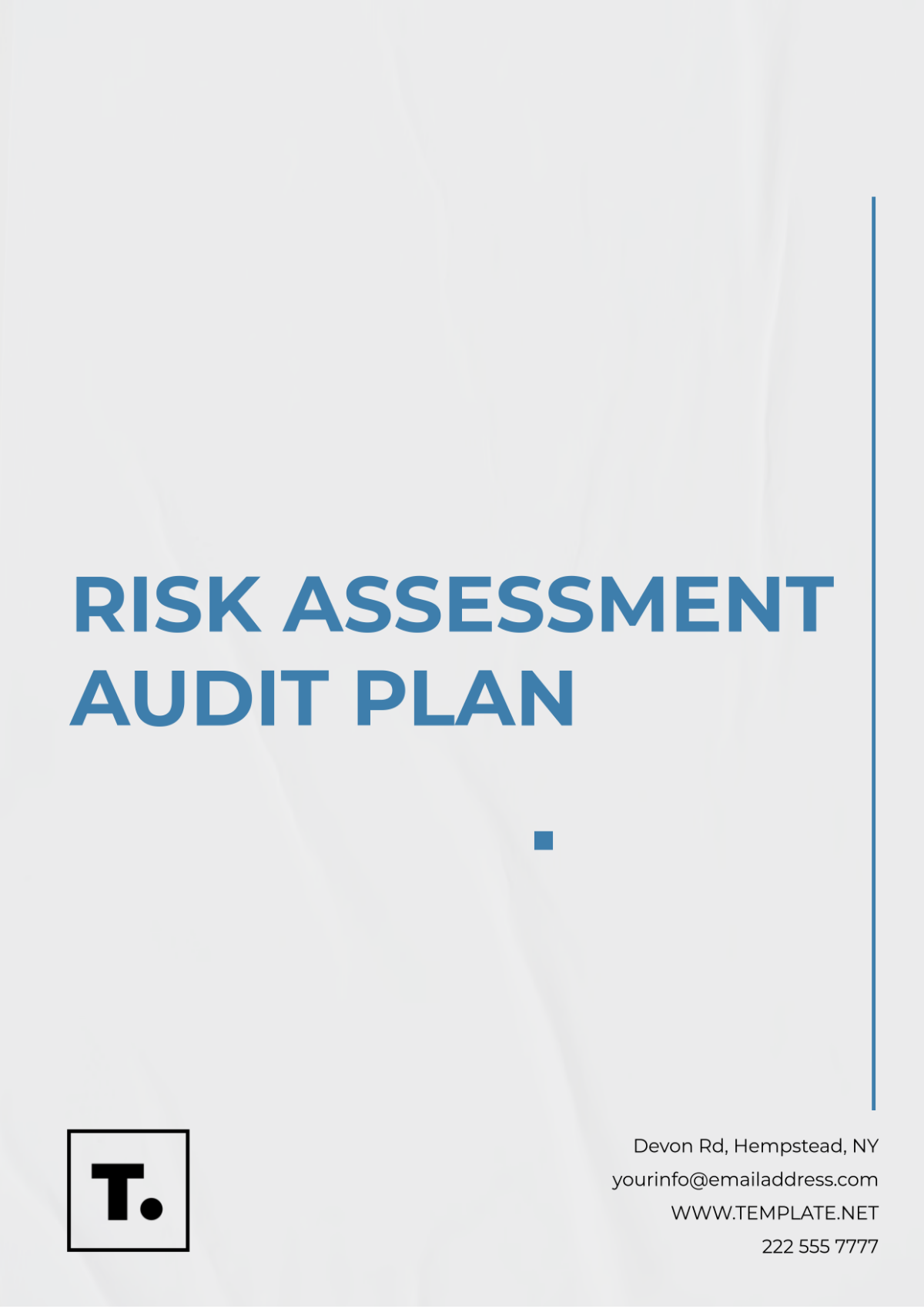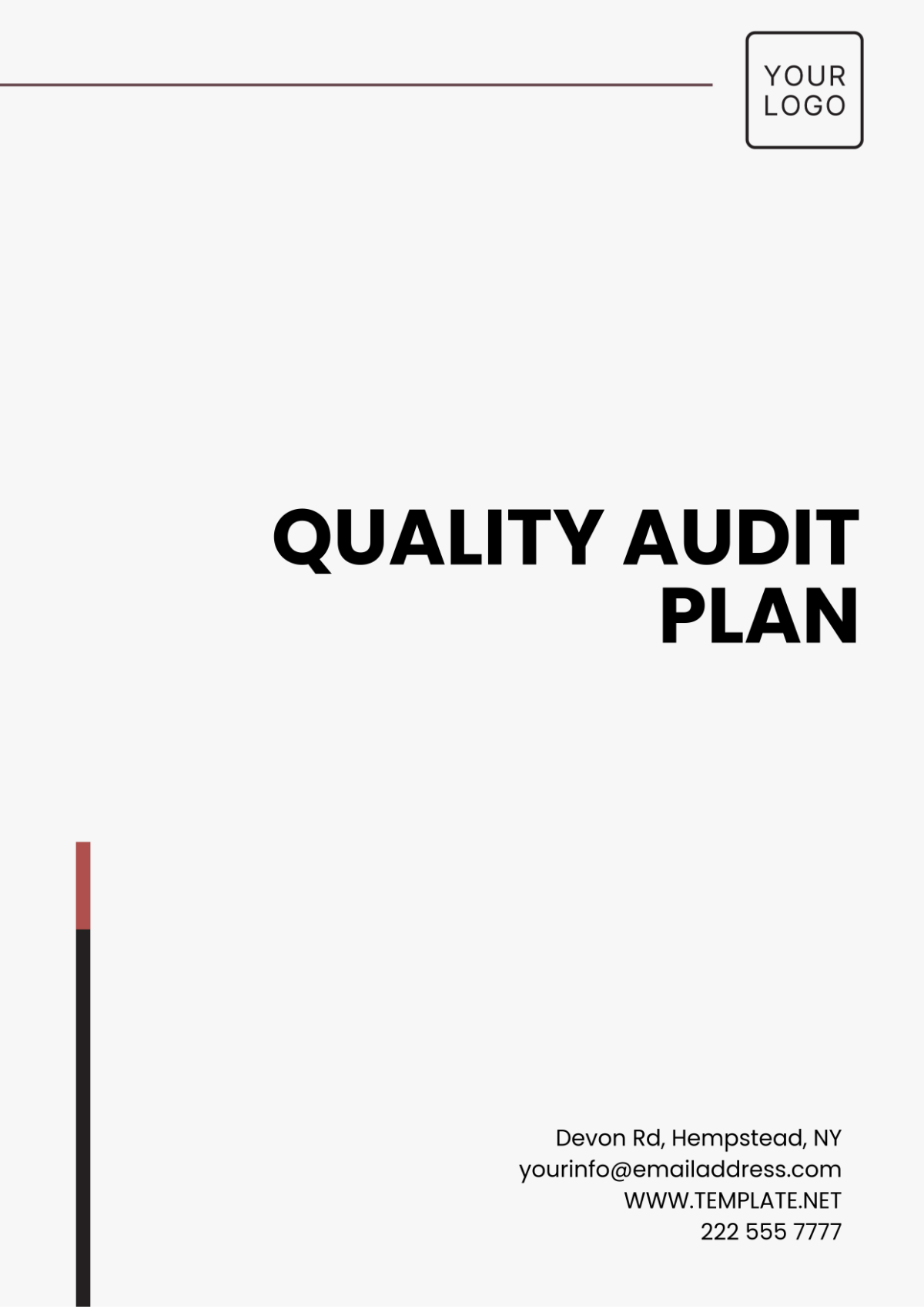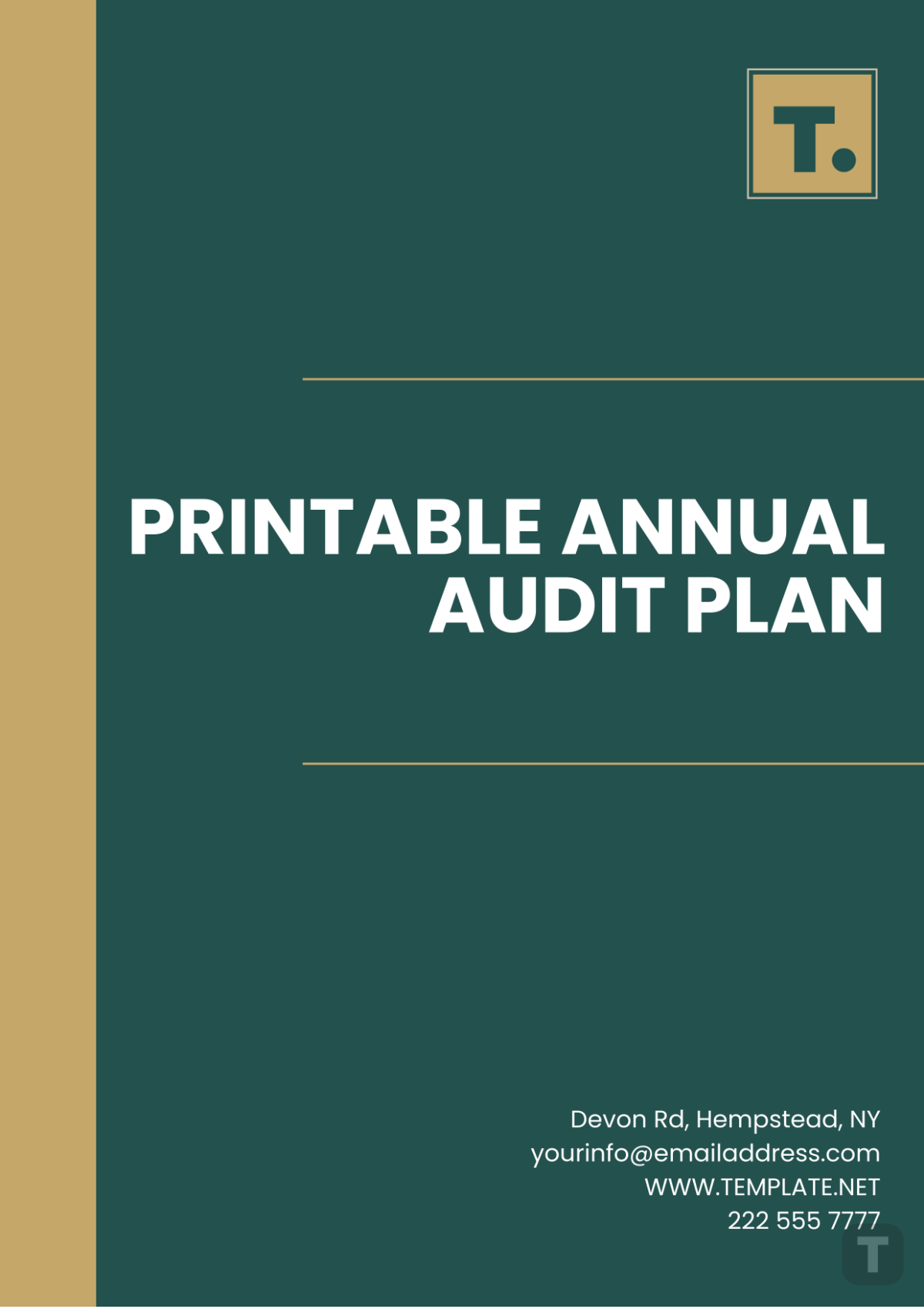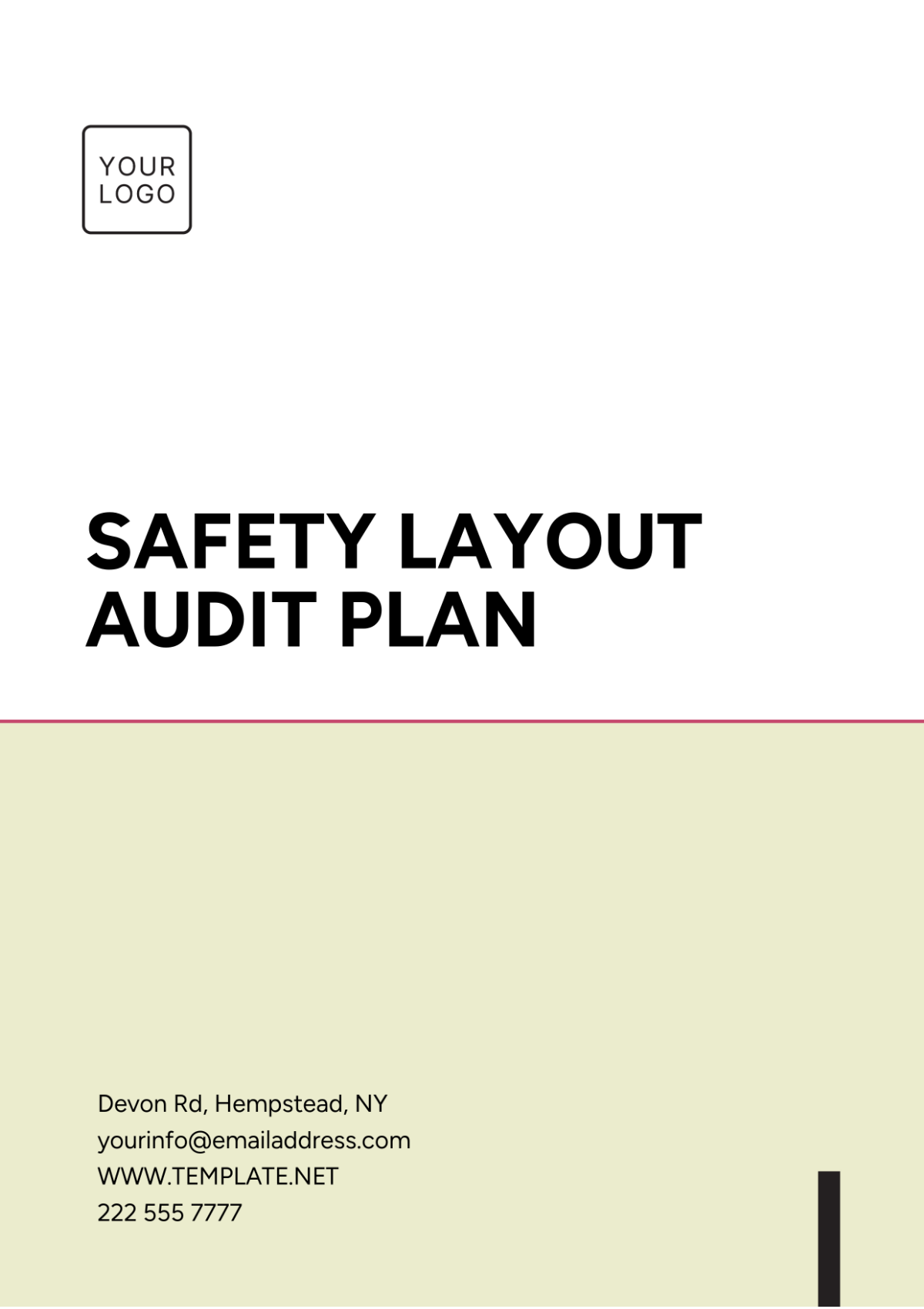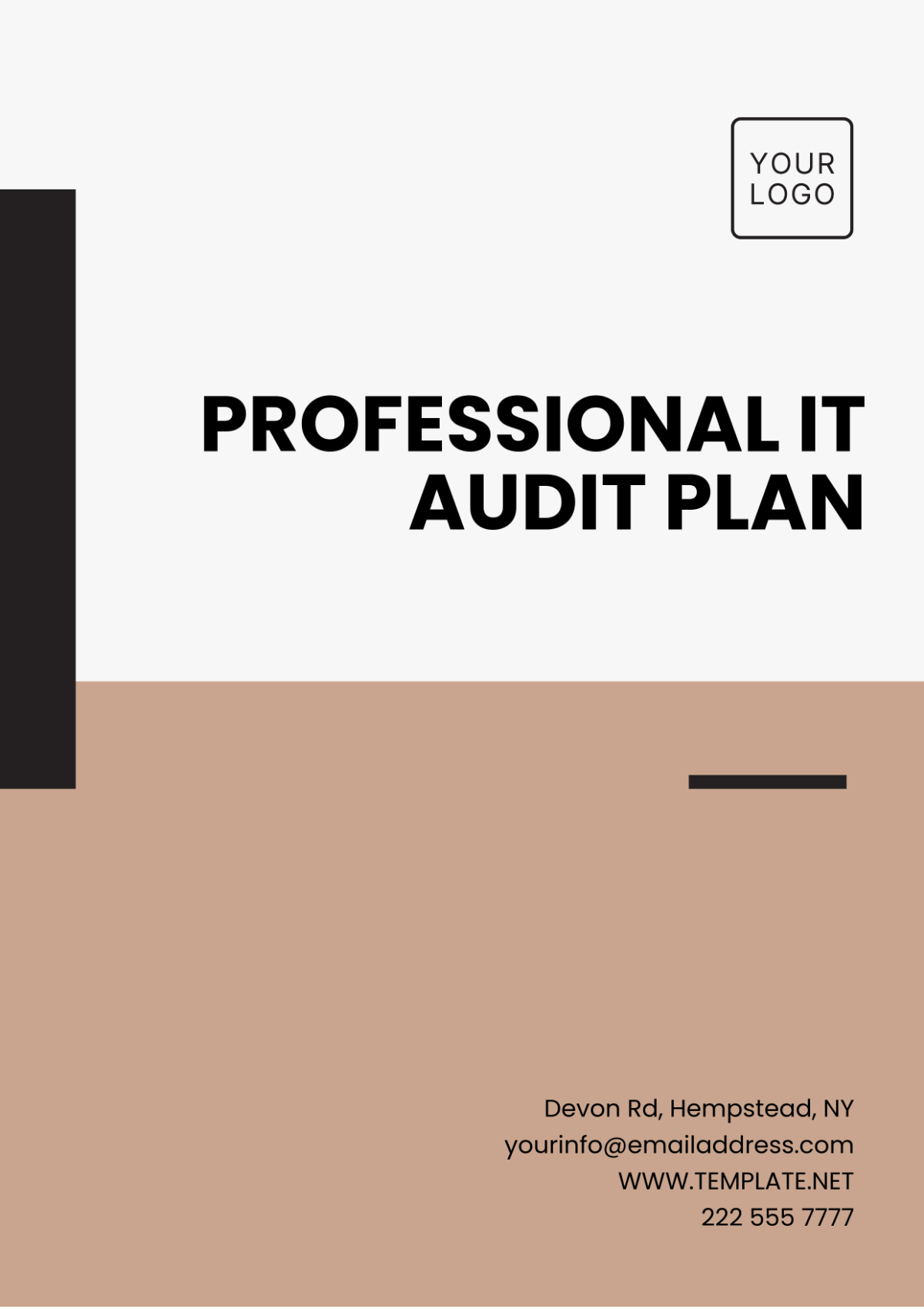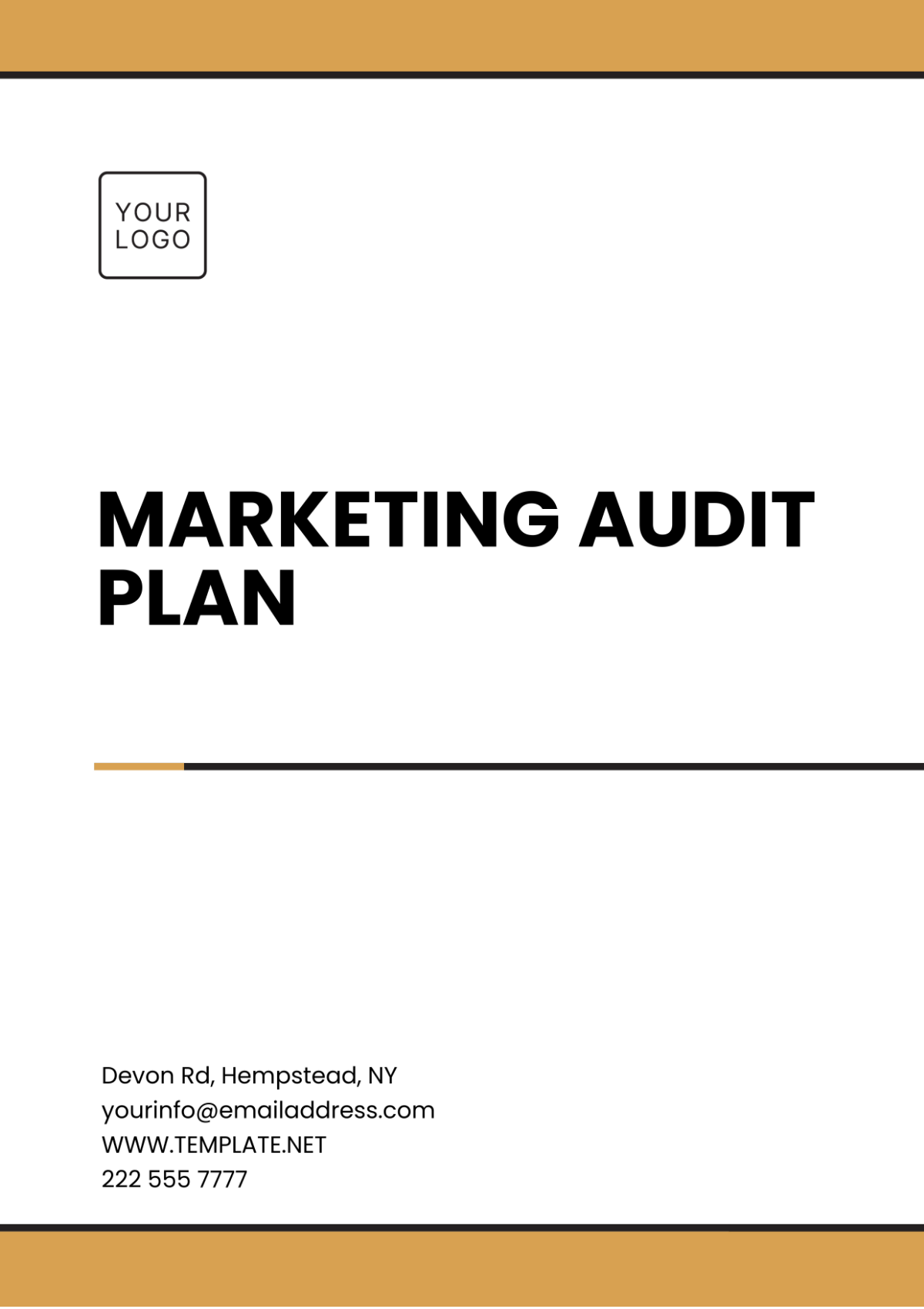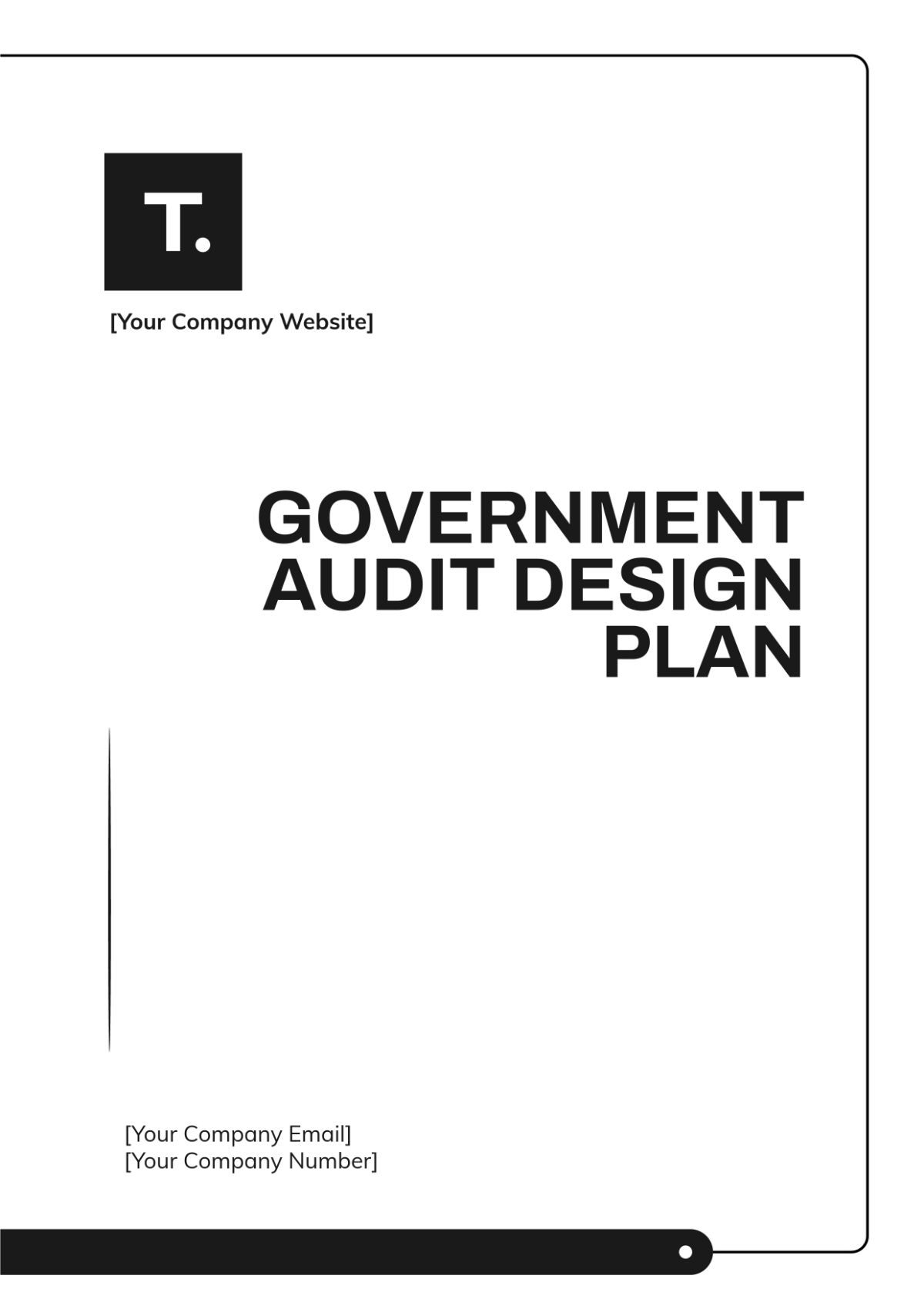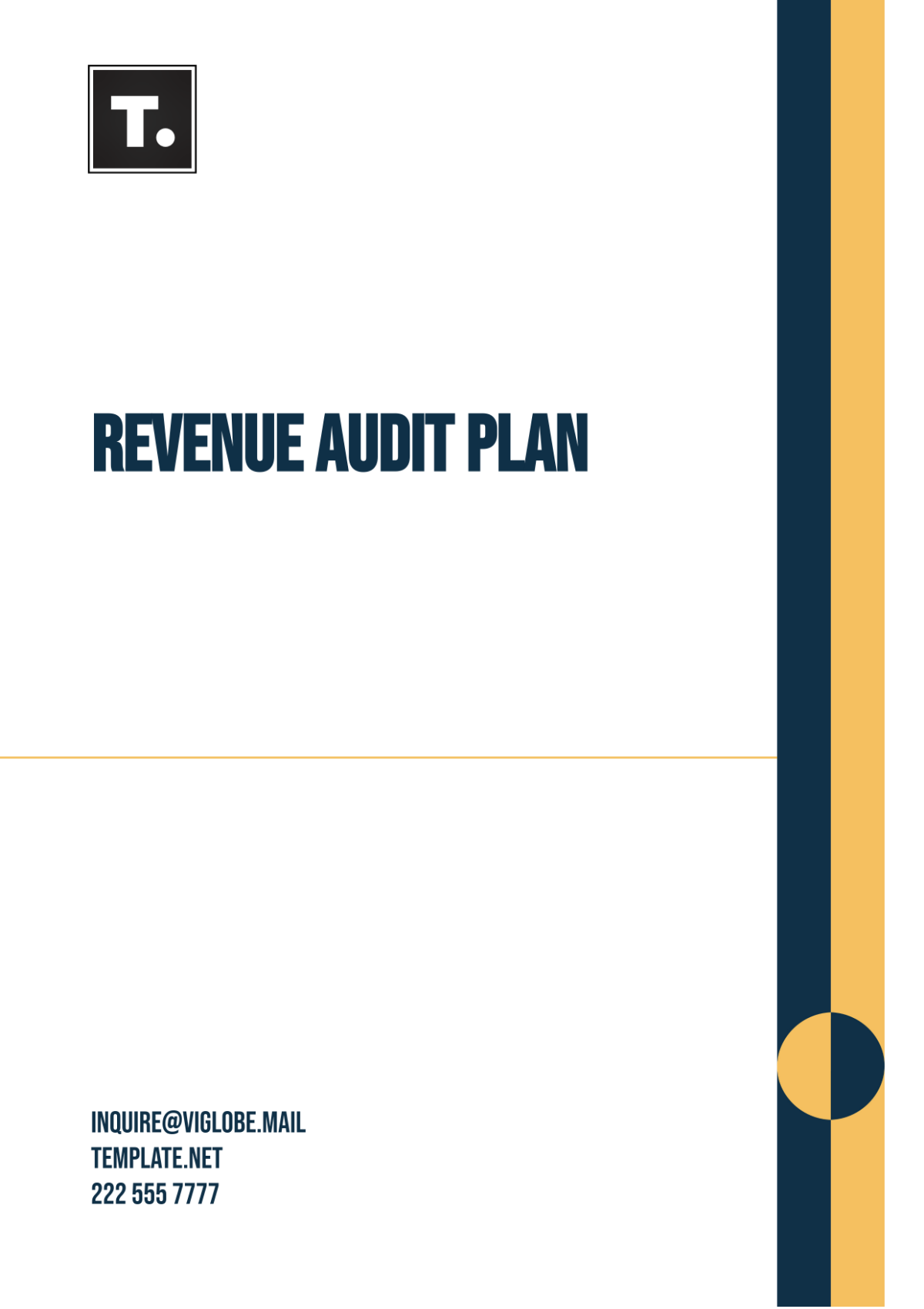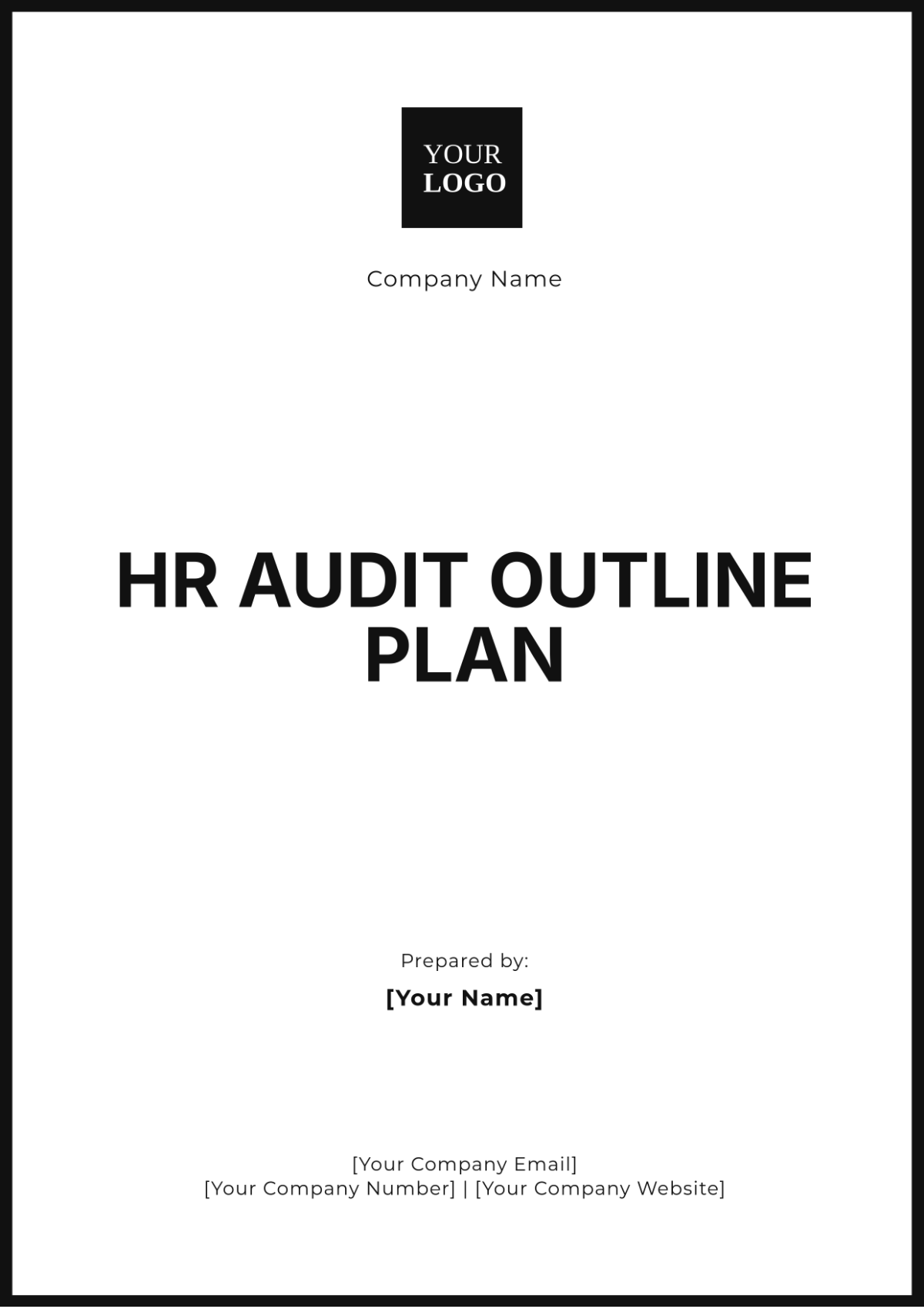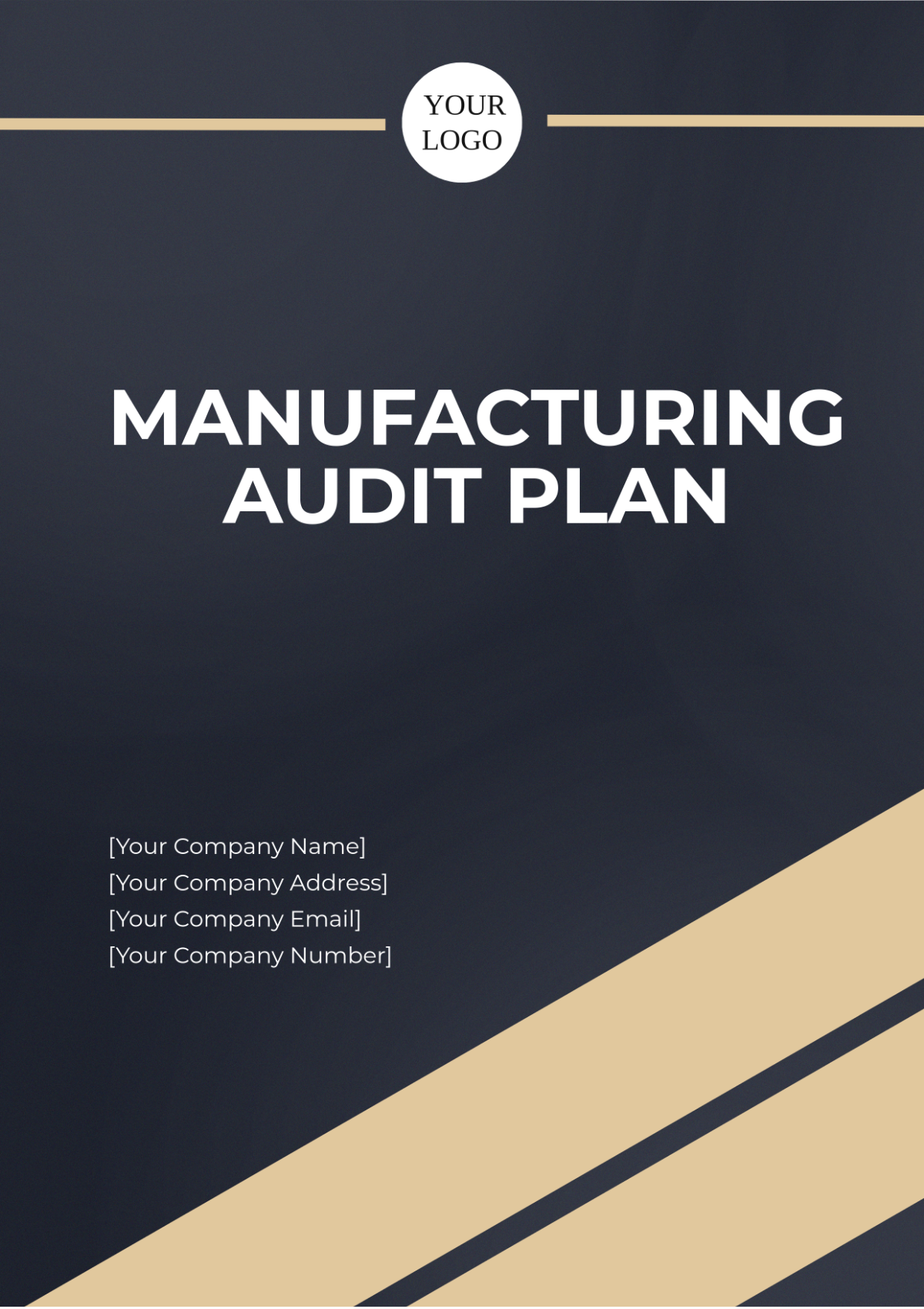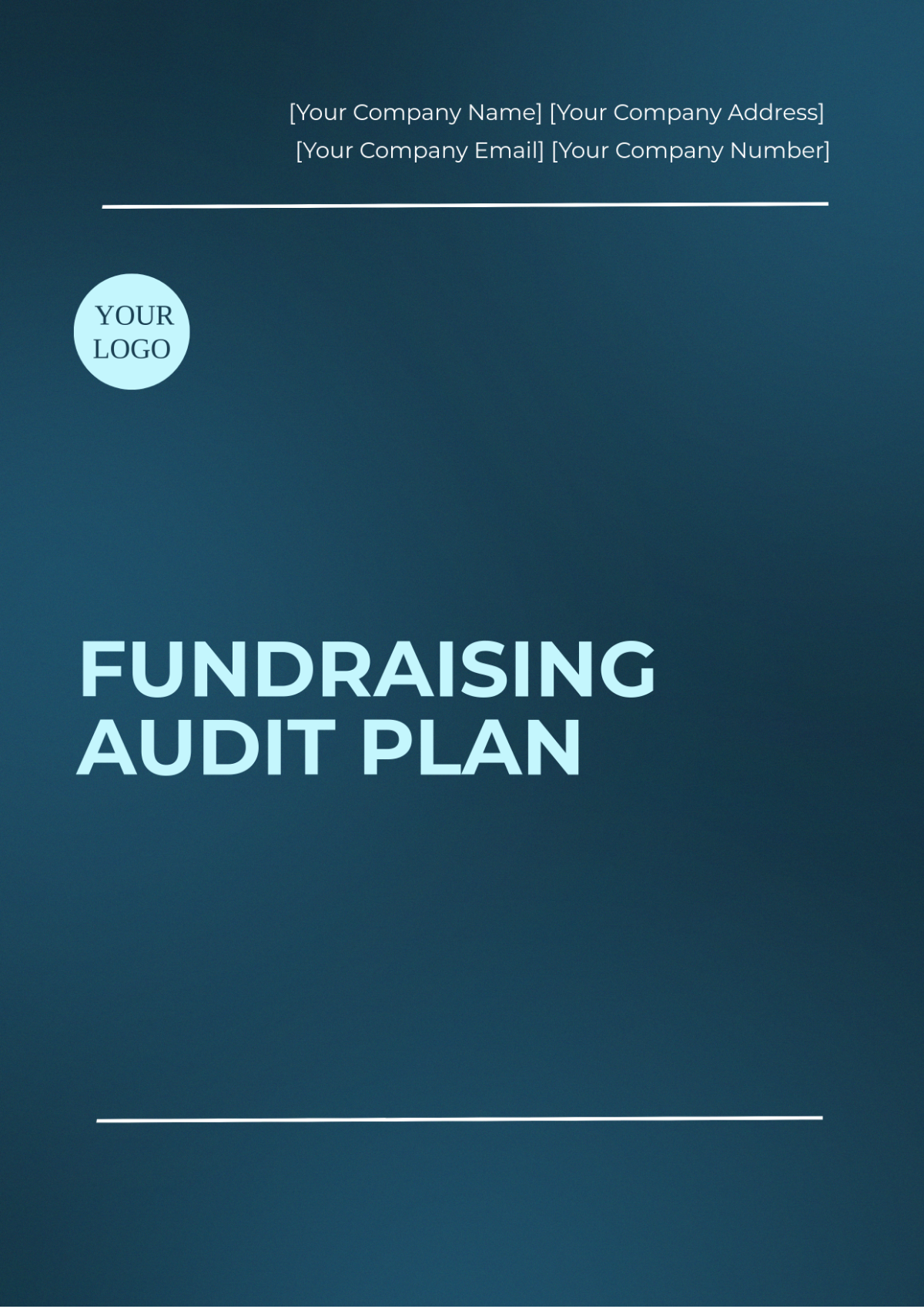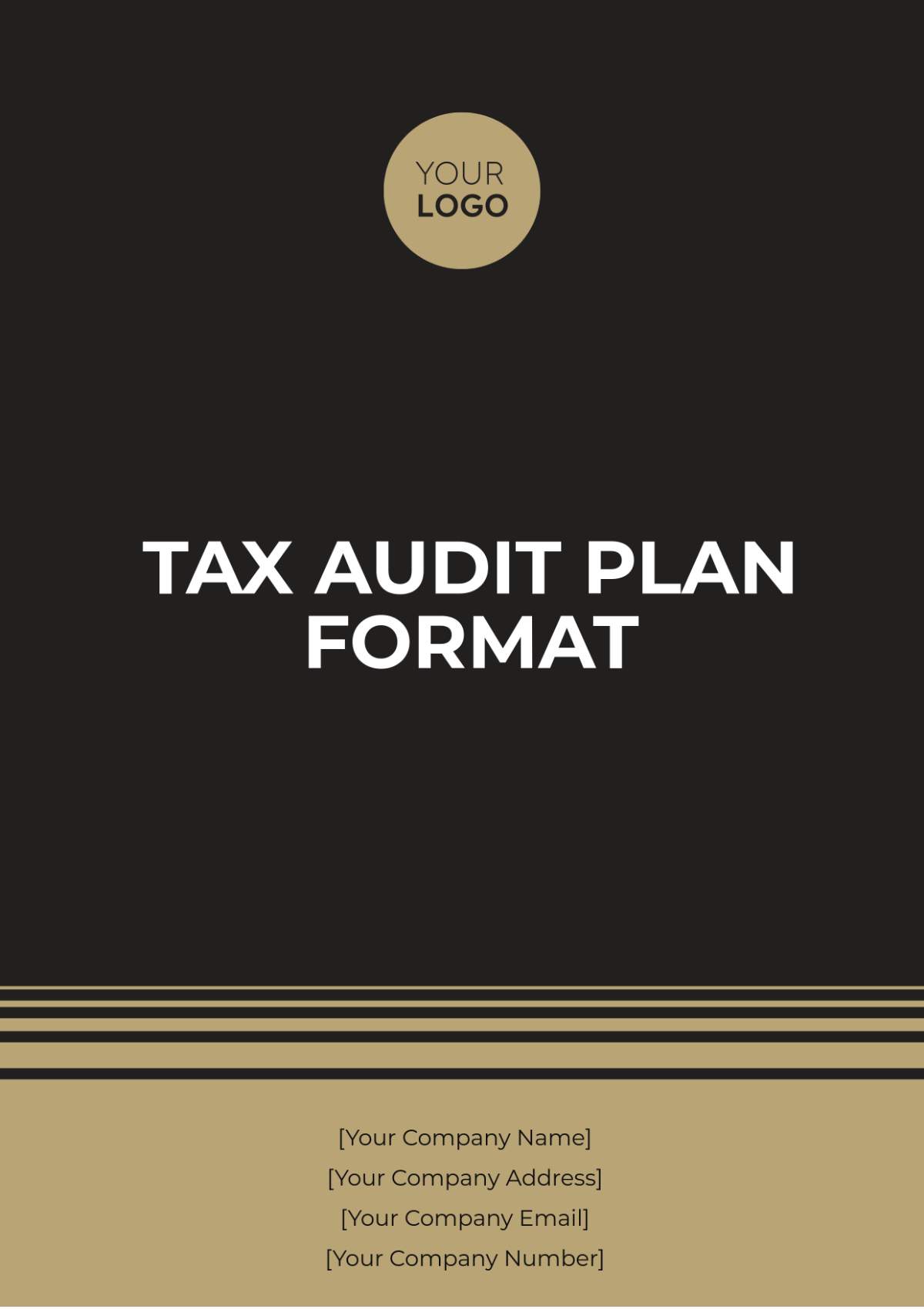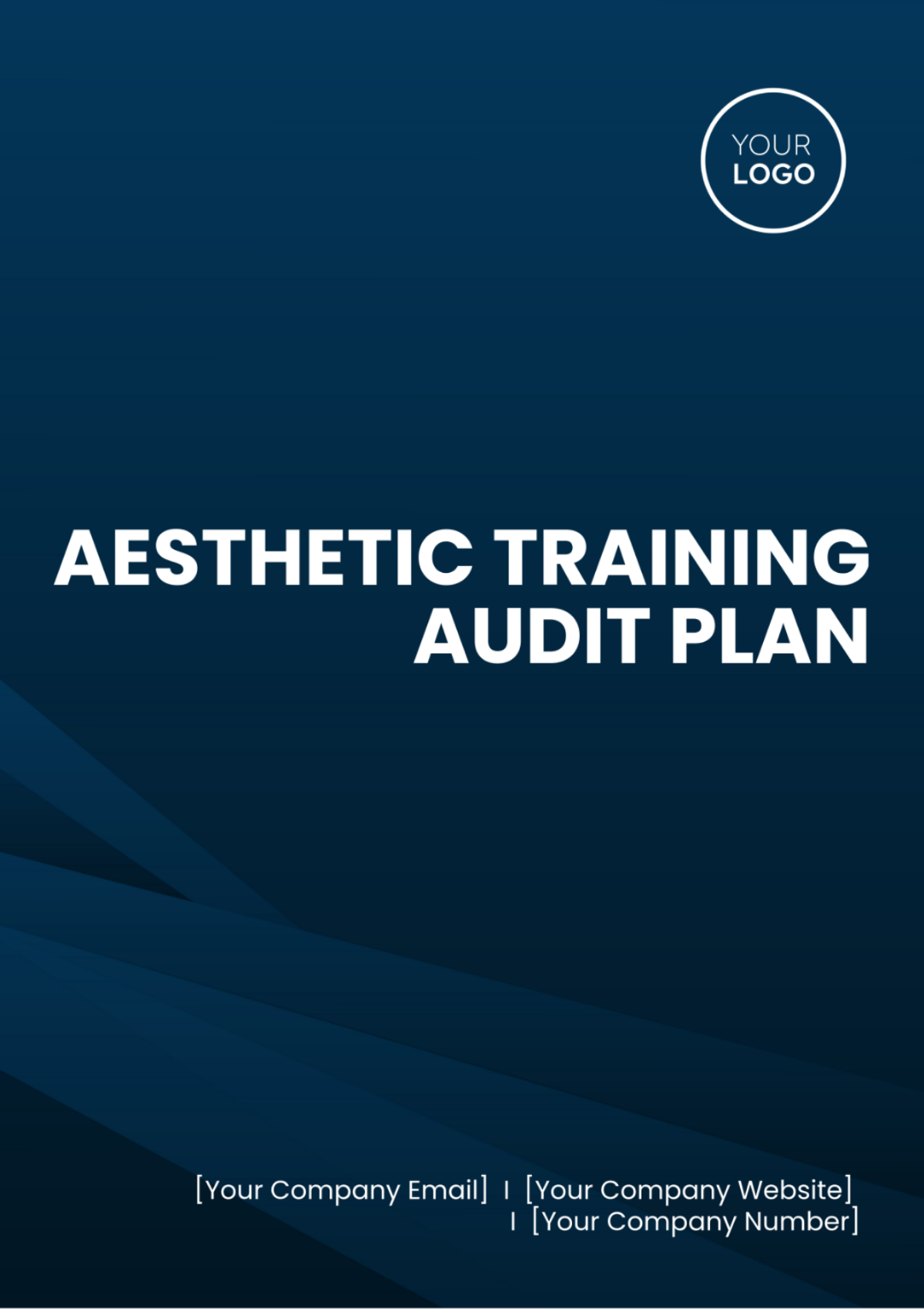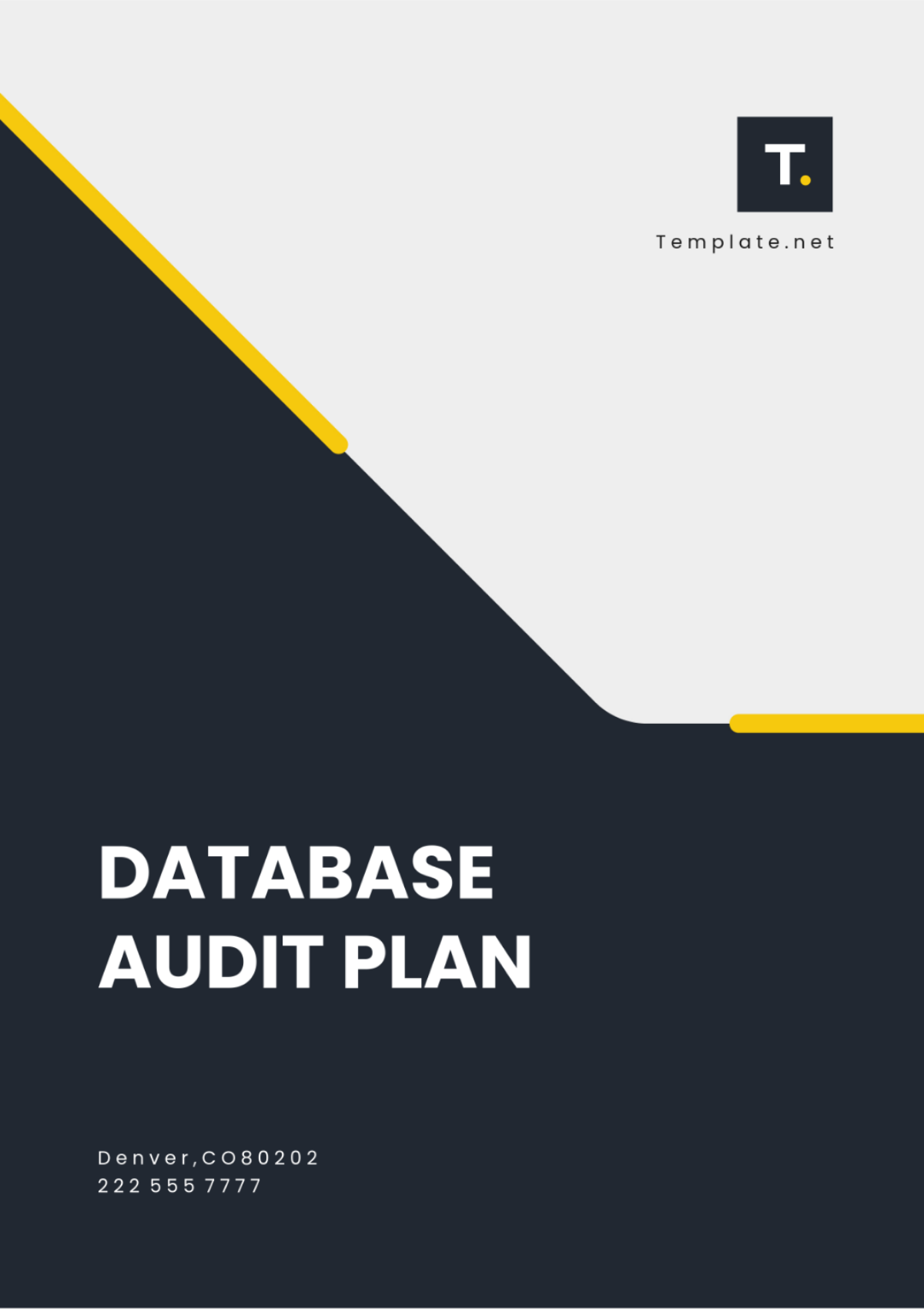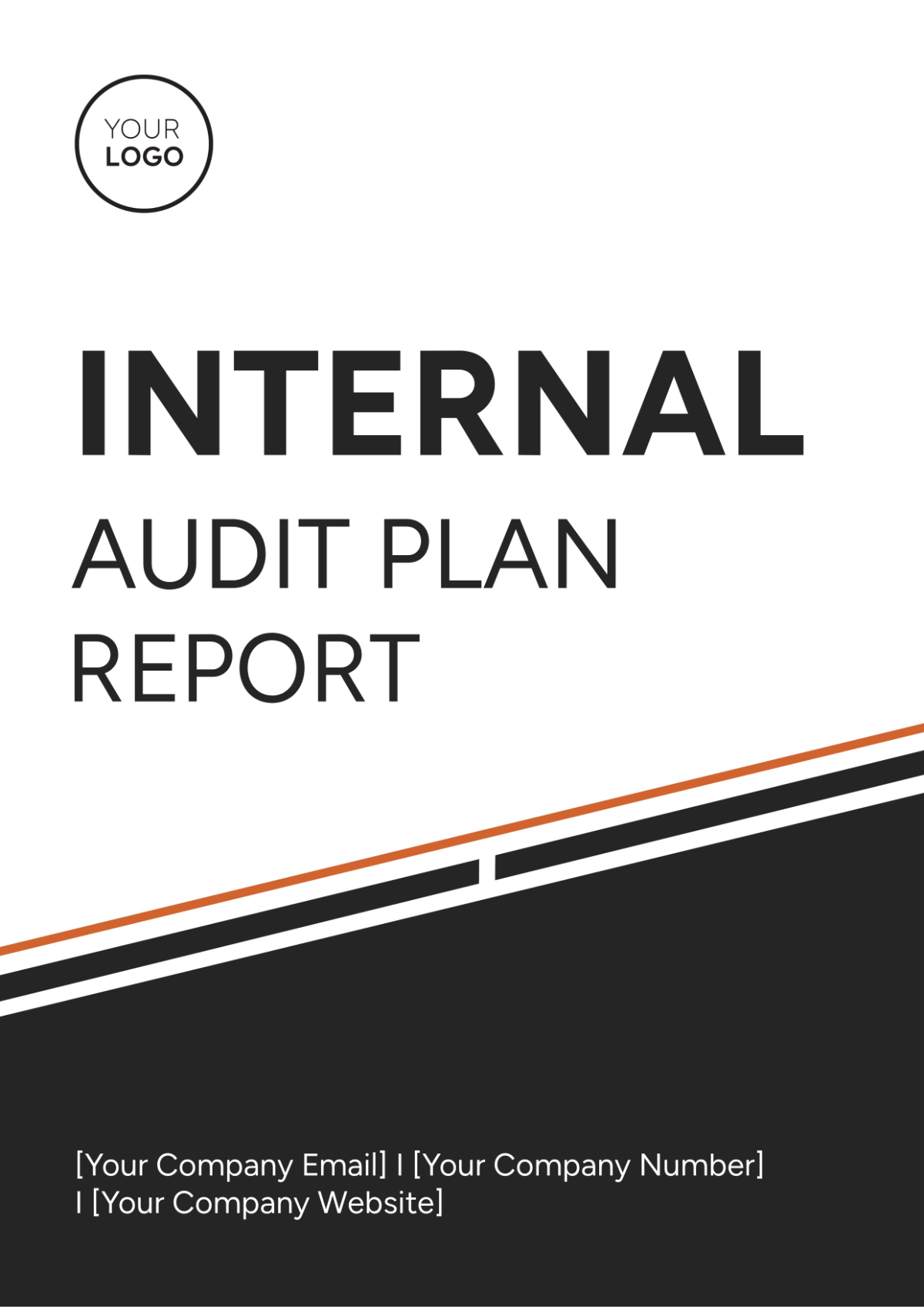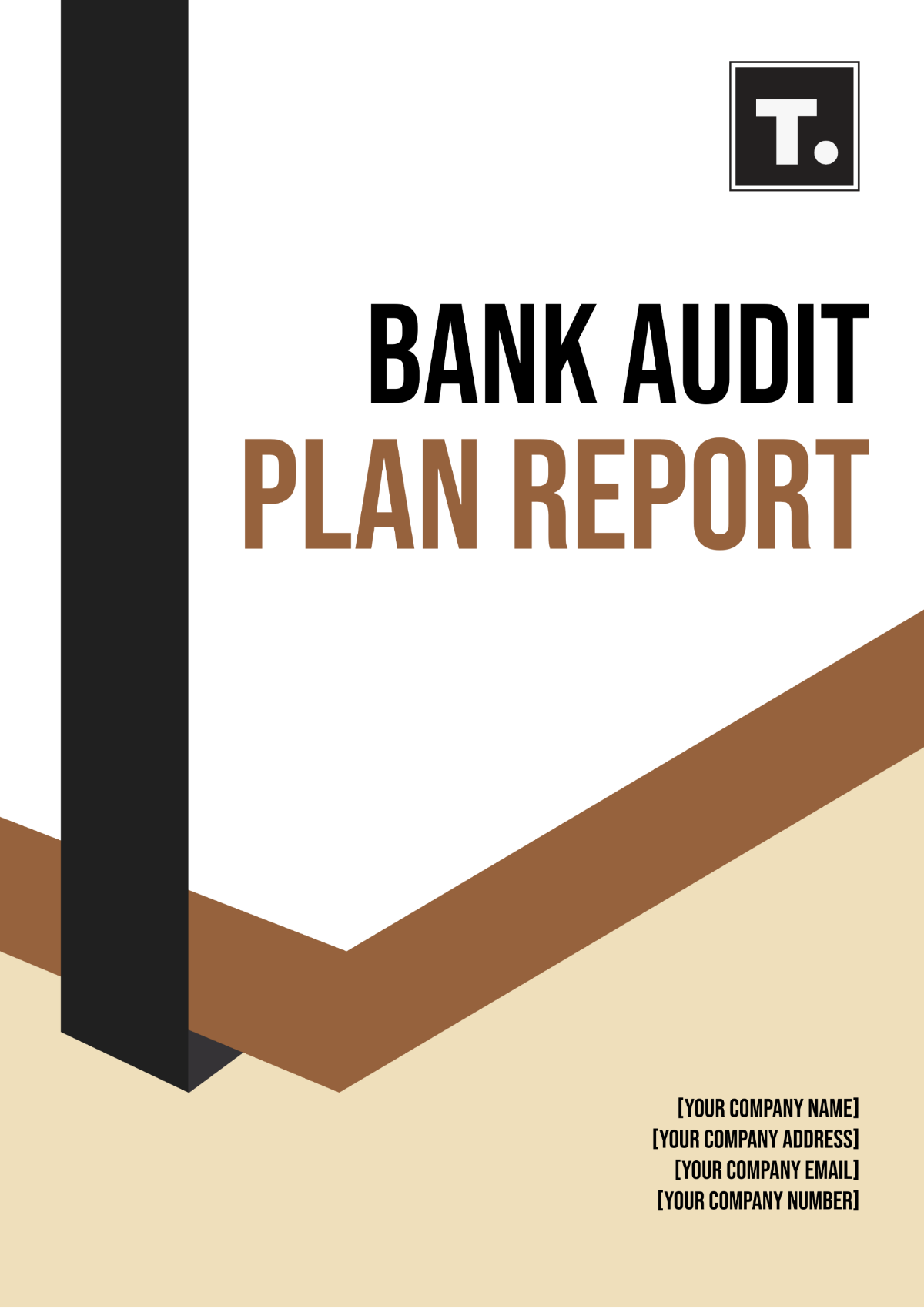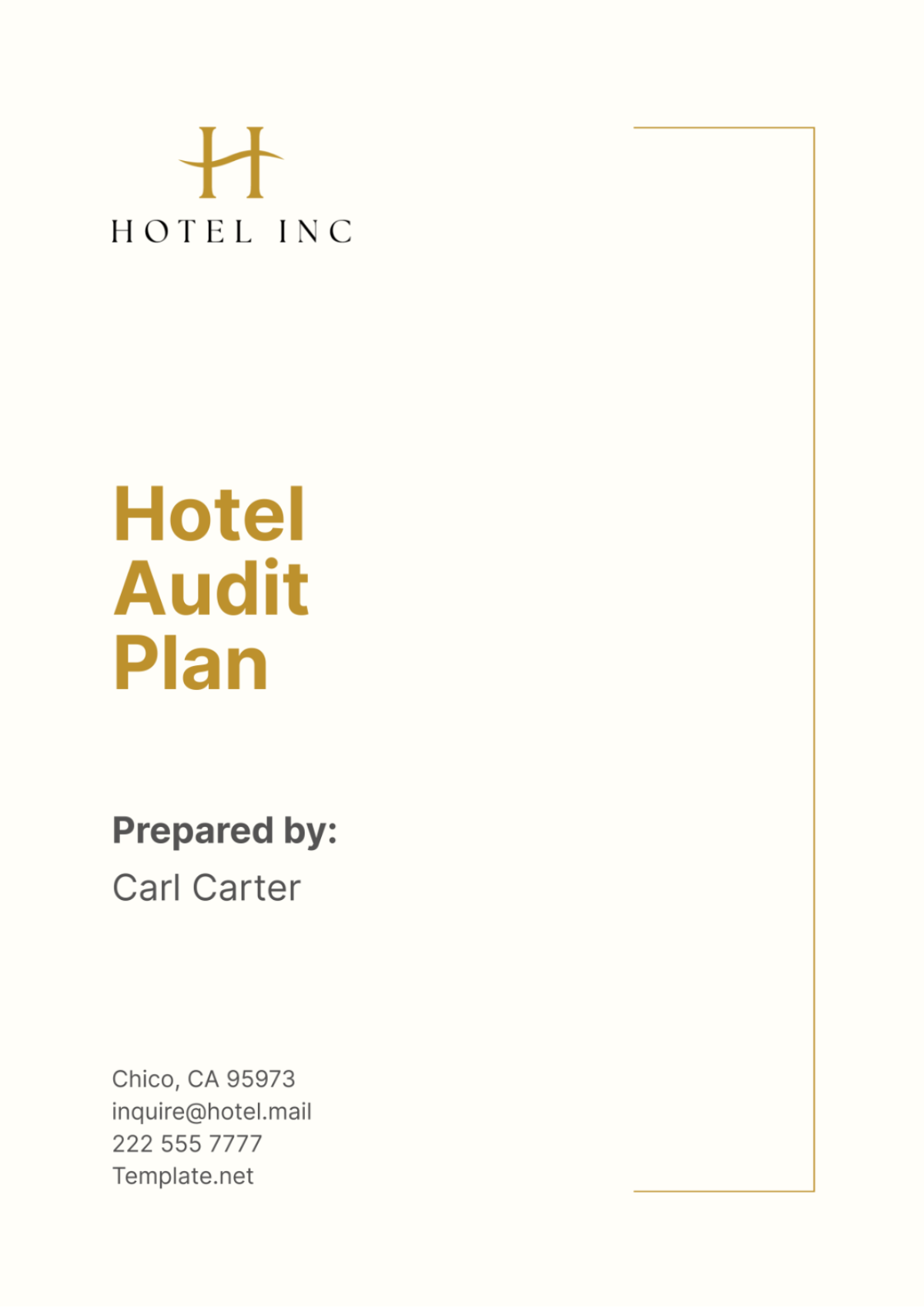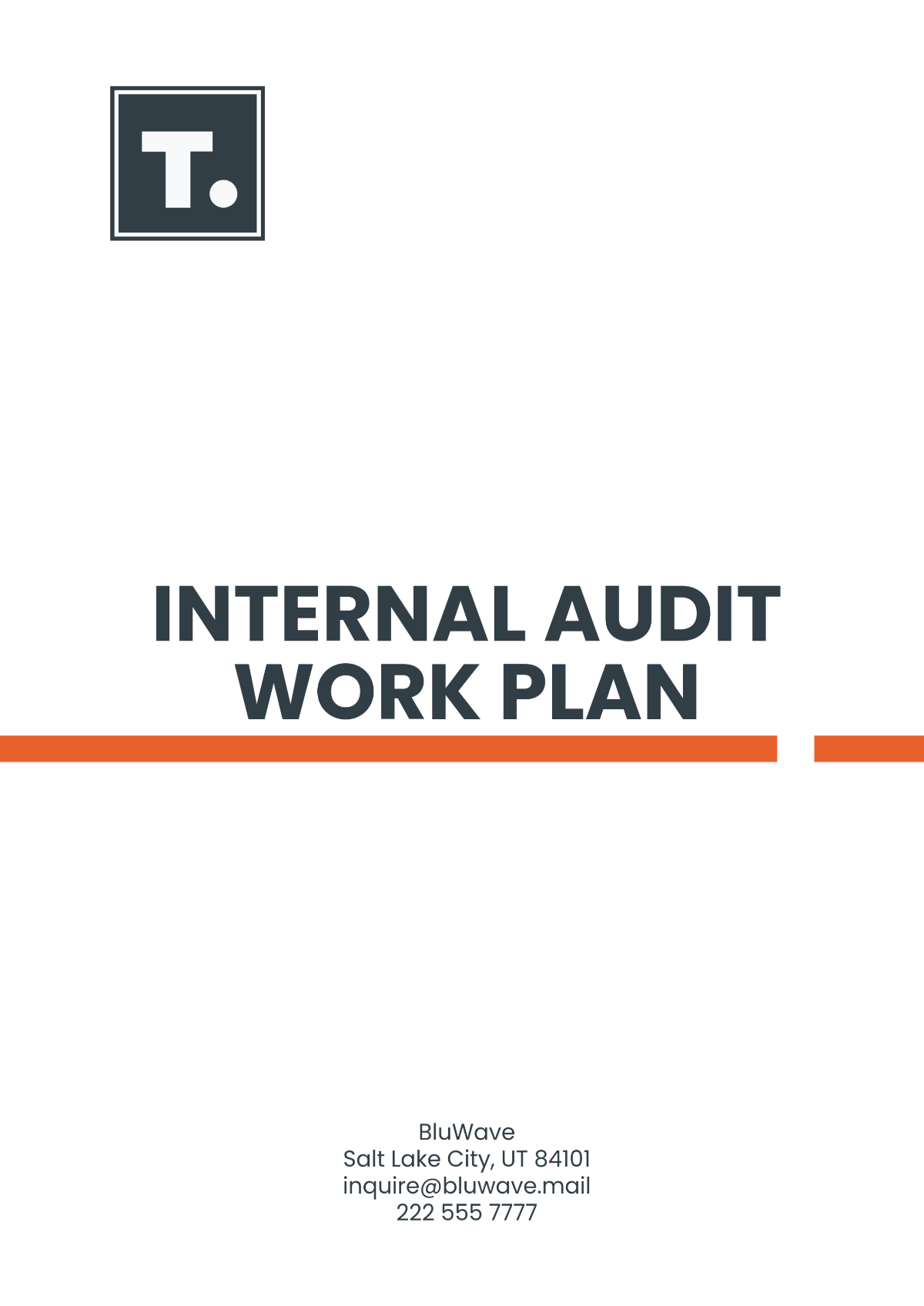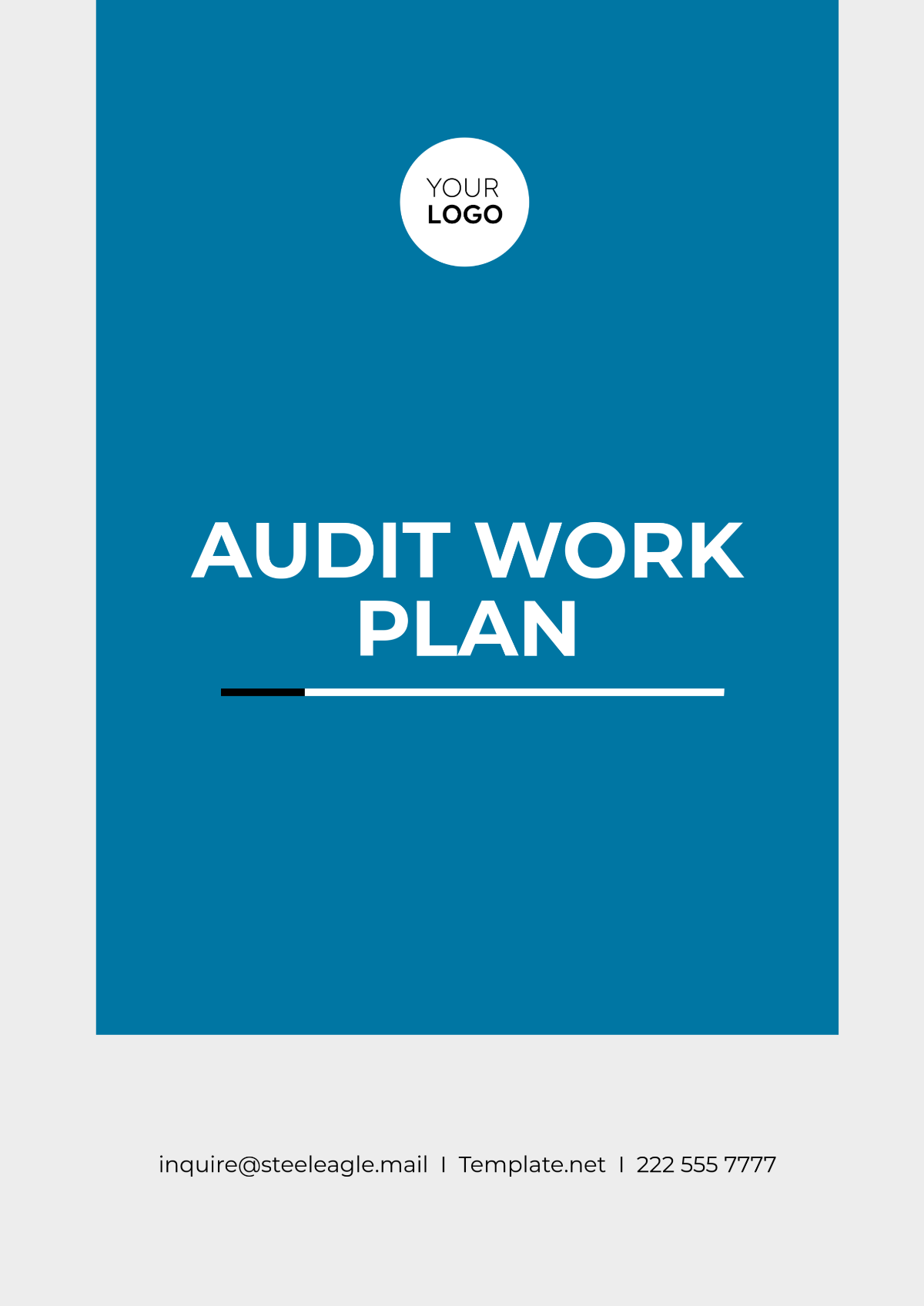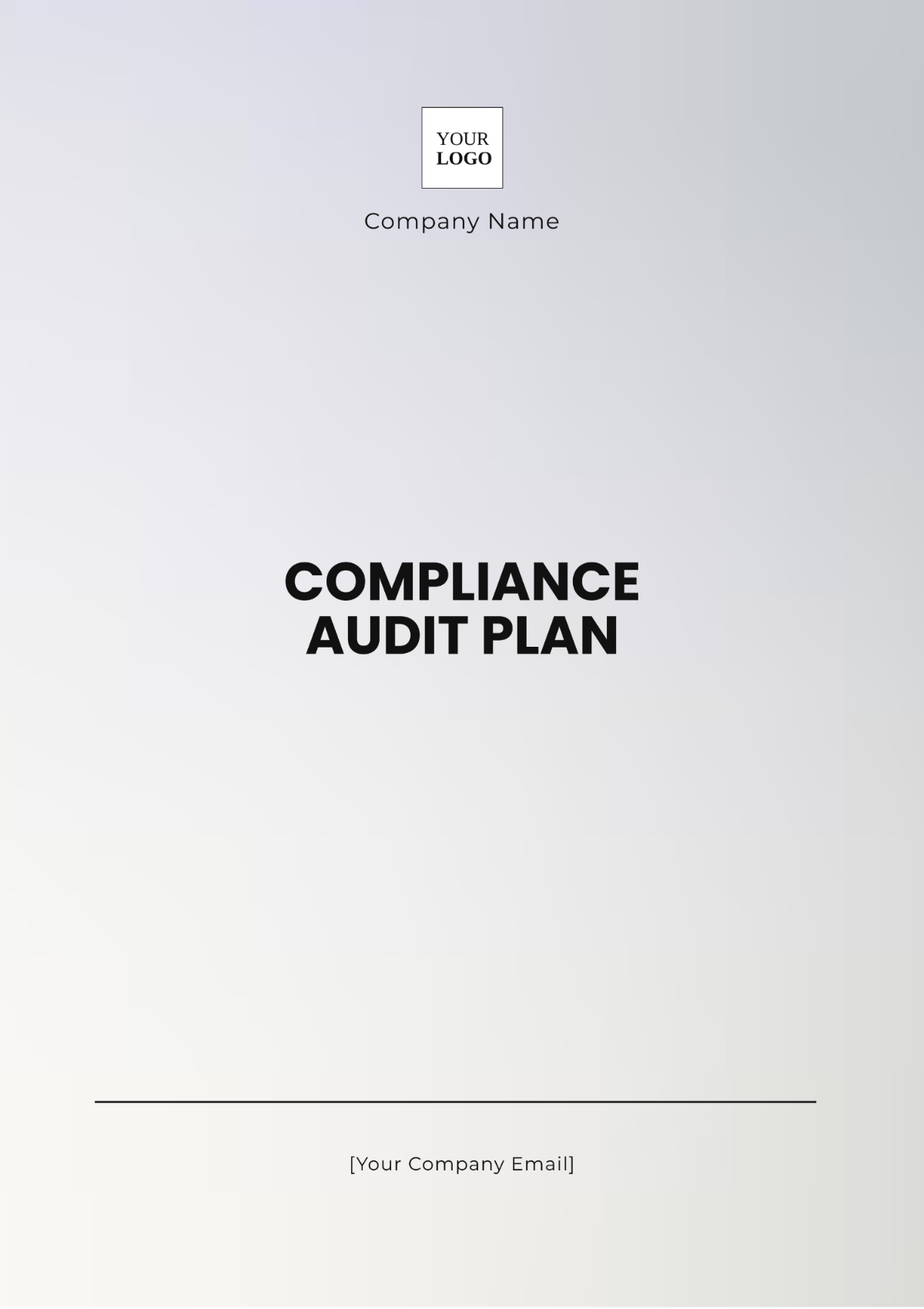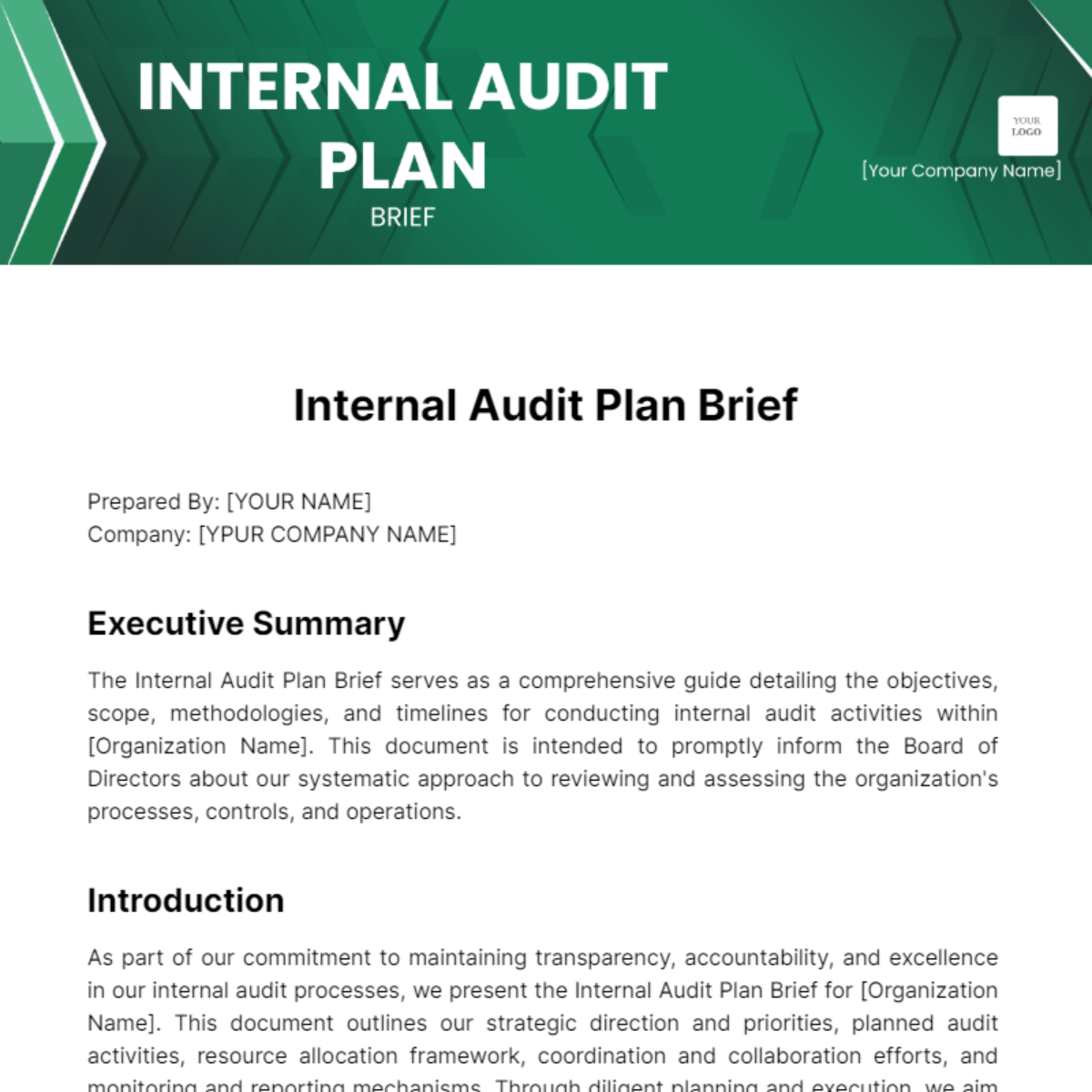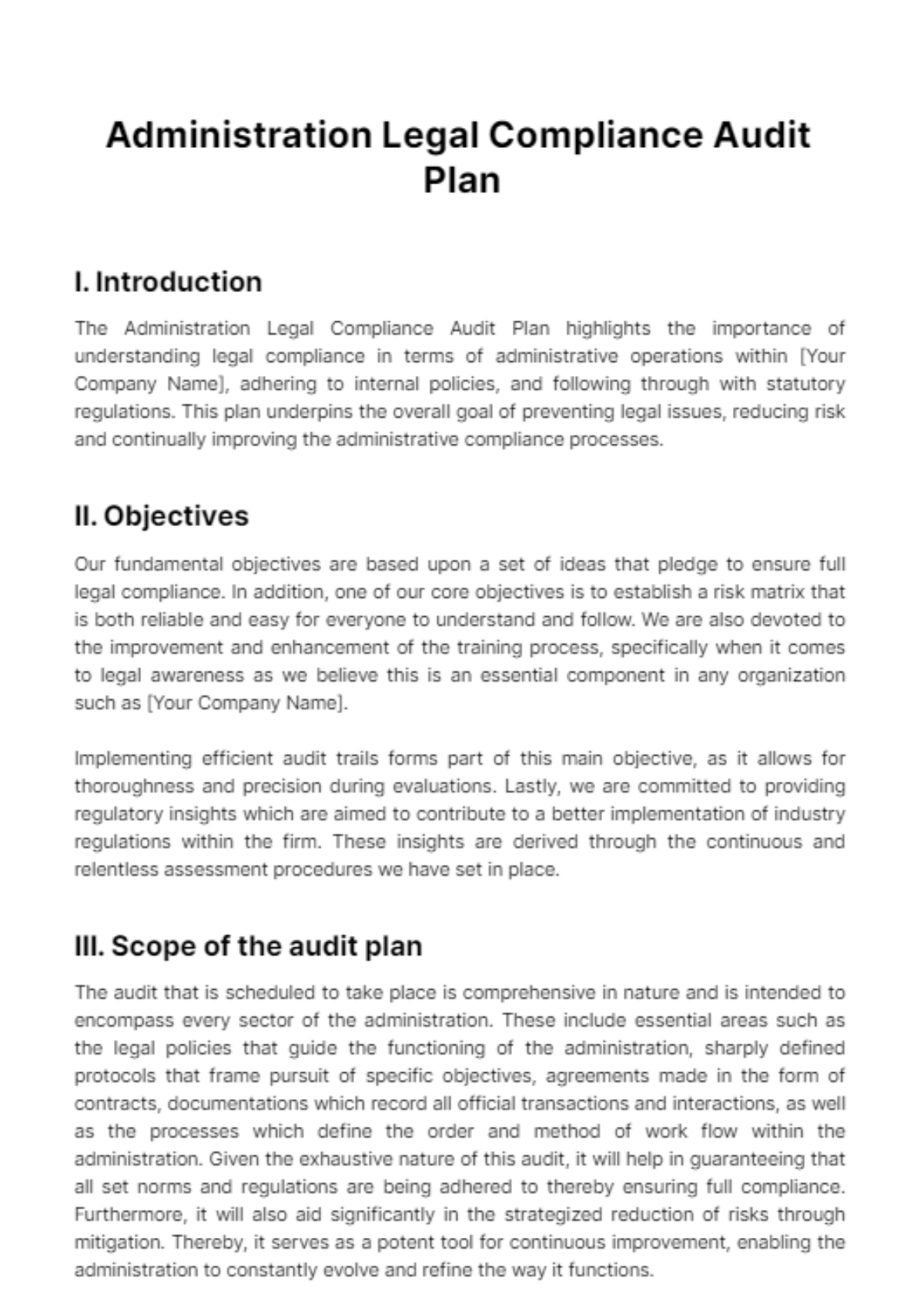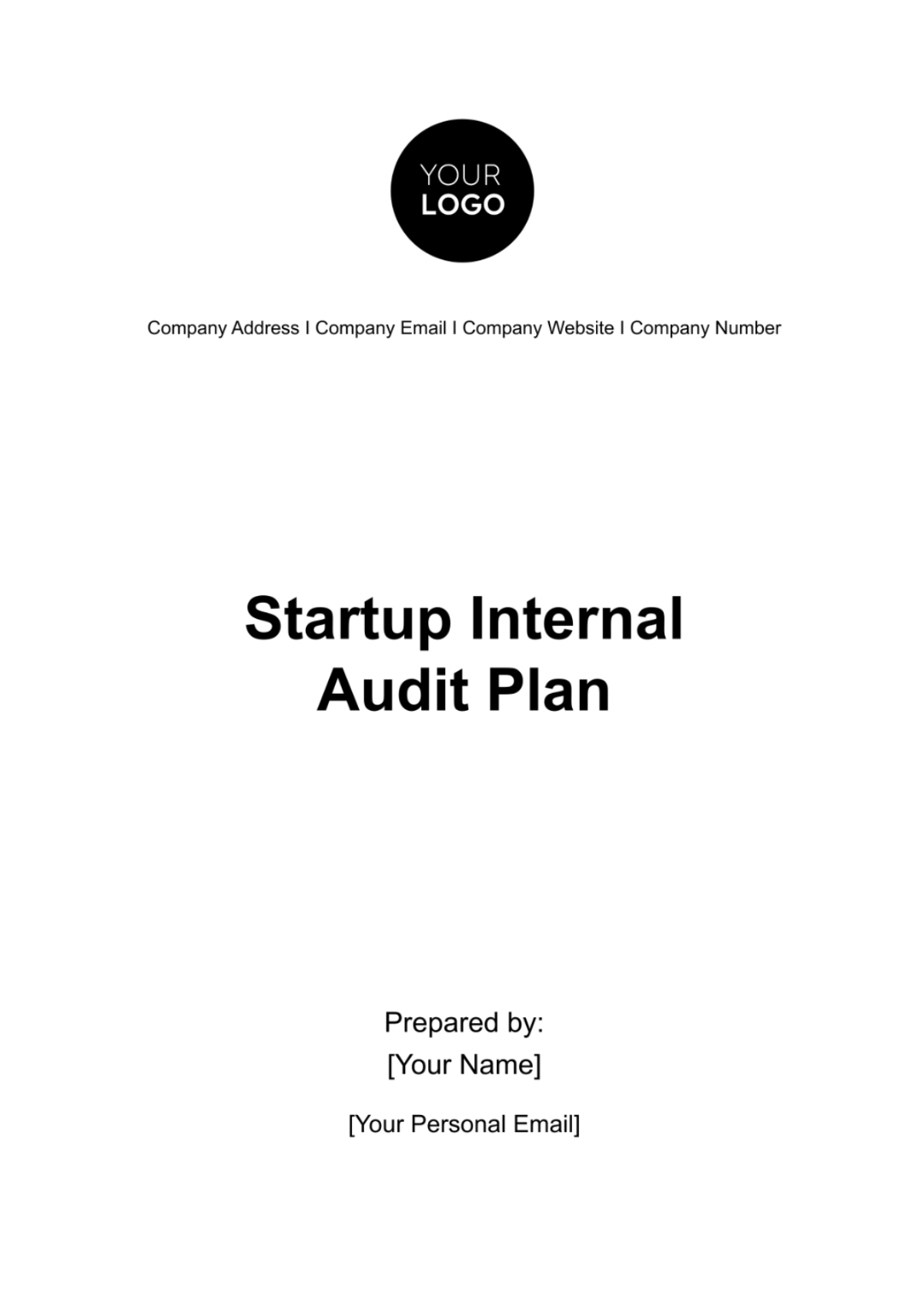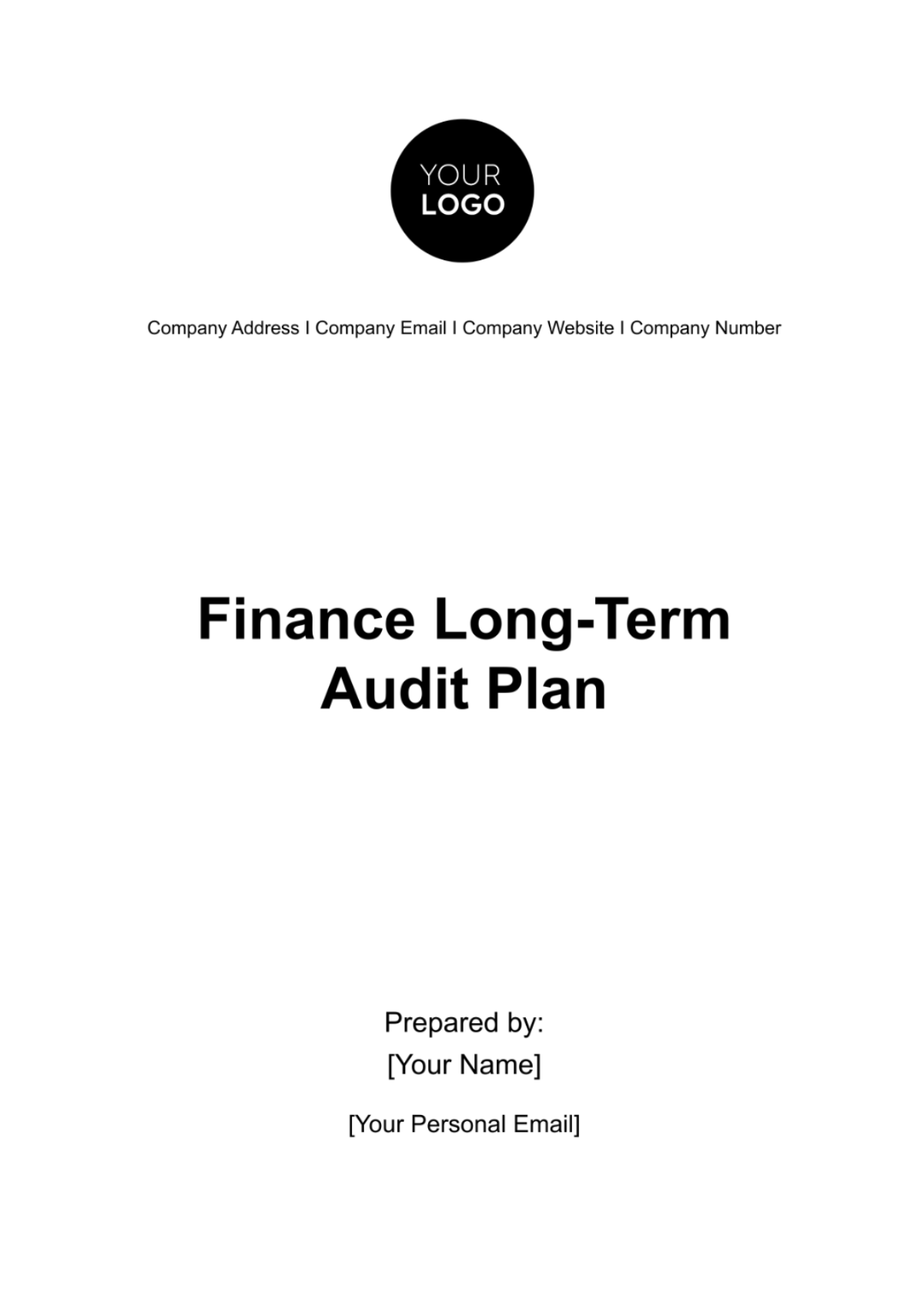Content Audit Plan
I. Introduction
In the ever-evolving digital landscape of 2050, optimizing content for search engine performance is crucial for maintaining visibility and driving organic traffic. This Content Audit Plan aims to identify and enhance content across our digital assets to improve our search engine optimization (SEO) strategy. By systematically evaluating and refining our content, we will ensure it meets the latest SEO best practices and aligns with our business goals.
II. Objectives
The primary objectives of this Content Audit Plan are to:
Improve search engine rankings for targeted keywords.
Enhance user engagement and experience through high-quality content.
Identify and address content gaps and redundancies.
Ensure all content aligns with our brand voice and messaging.
III. Methodology
Steps and Tools
Content Inventory: Compile a comprehensive list of all content on our website.
SEO Metrics Assessment: Evaluate each piece of content using key SEO metrics, including:
Organic traffic
Keyword rankings
Backlinks
Click-through rates (CTR)
Bounce rates
Content Evaluation Criteria: Assess content quality based on:
Relevance to target keywords
Readability and grammar
Use of meta tags (title, description, headers)
Mobile-friendliness
Load speed
Tools Used:
Google Analytics
Google Search Console
SEMrush
Ahrefs
Screaming Frog SEO Spider
IV. Content Inventory
URL: /blog/seo-trends-2050
Title: SEO Trends in 2050
Keywords: SEO trends 2050
Traffic: 1200
Backlinks: 15
CTR: 5%
Bounce Rate:60%
Last Update: April 2050
URL: /guide/on-page-seo-best-practices
Title: On-Page SEO Best Practices
Keywords: On-page SEO, 2050
Traffic: 950
Backlinks: 10
CTR: 4.5%
Bounce Rate: 55%
Last Updated: March 2050
V. Evaluation Criteria
Key SEO Metrics
Organic Traffic: Measure the number of visitors coming from search engines.
Keyword Rankings: Track the position of targeted keywords in search engine results.
Backlinks: Assess the quality and quantity of inbound links to the content.
Click-Through Rates (CTR): Evaluate how often users click on our content in search results.
Bounce Rates: Determine the percentage of visitors who leave the site after viewing only one page.
Content Quality
Relevance: Ensure content matches user intent and targeted keywords.
Readability: Use tools like Grammarly to check for grammatical errors and readability.
Meta Tags: Verify the presence and optimization of title tags, meta descriptions, and headers.
Mobile-Friendliness: Confirm that content is easily accessible and readable on mobile devices.
Load Speed: Use tools like Google PageSpeed Insights to check and improve page load times.
VI. Findings and Analysis
Example Findings:
SEO Trends in 2050 Article:
Strengths: High organic traffic and quality backlinks.
Weaknesses: High bounce rate and low CTR.
Opportunities: Improve meta description to increase CTR, add internal links to reduce bounce rate.
On-Page SEO Best Practices Guide:
Strengths: Strong keyword rankings and low bounce rate.
Weaknesses: Moderate organic traffic and few backlinks.
Opportunities: Update content with latest trends, outreach for backlinks.
VII. Recommendations
SEO Trends in 2050 Article:
Revise meta description to make it more compelling.
Add internal links to related content to improve user retention.
Optimize images and other media to enhance load speed.
On-Page SEO Best Practices Guide:
Update content to include the latest SEO practices and trends of 2050.
Conduct outreach to industry experts and influencers for backlinks.
Enhance readability by breaking up text with bullet points and subheadings.
VIII. Action Plan
Timeline and Responsibilities
Content Updates:
Responsible: Content Writers
Deadline: June 2050
Tasks: Revise and update content, optimize for readability and SEO.
Backlink Outreach:
Responsible: SEO Specialists
Deadline: July 2050
Tasks: Identify potential backlink opportunities, conduct outreach campaigns.
Technical SEO Improvements:
Responsible: Web Developers
Deadline: August 2050
Tasks: Improve load speed, ensure mobile-friendliness, fix any technical issues.
IX. Conclusion
By conducting a thorough content audit and implementing the recommended actions, we aim to significantly improve our SEO performance and ensure our content remains relevant and effective in attracting and engaging our target audience. Regular audits and updates will be essential in maintaining high standards and adapting to the ever-changing digital landscape.
X. Appendices
Additional Resources
SEO Tools and Resources:
Google Analytics: [link]
Google Search Console: [link]
SEMrush: [link]
Ahrefs: [link]
Screaming Frog SEO Spider: [link]
Content Quality Tools:
Grammarly: [link]
Hemingway Editor: [link]
This comprehensive Content Audit Plan will guide our digital marketing team in enhancing our content's SEO performance, ultimately driving more organic traffic and achieving our business objectives.
Contact Information:
Name: [Your Name]
Email: [Your Company Email]
Phone: [Your Company Number]
Address: [Your Company Address]
